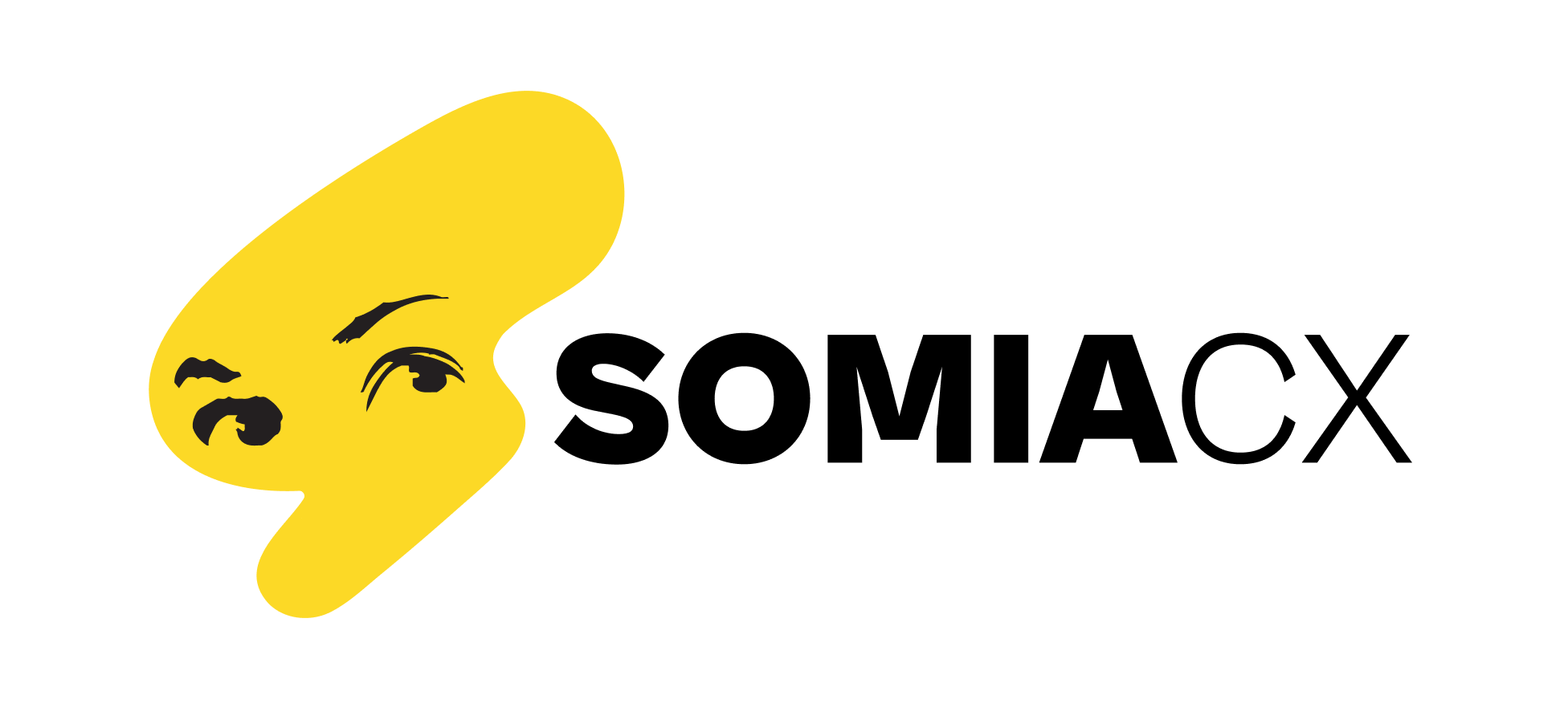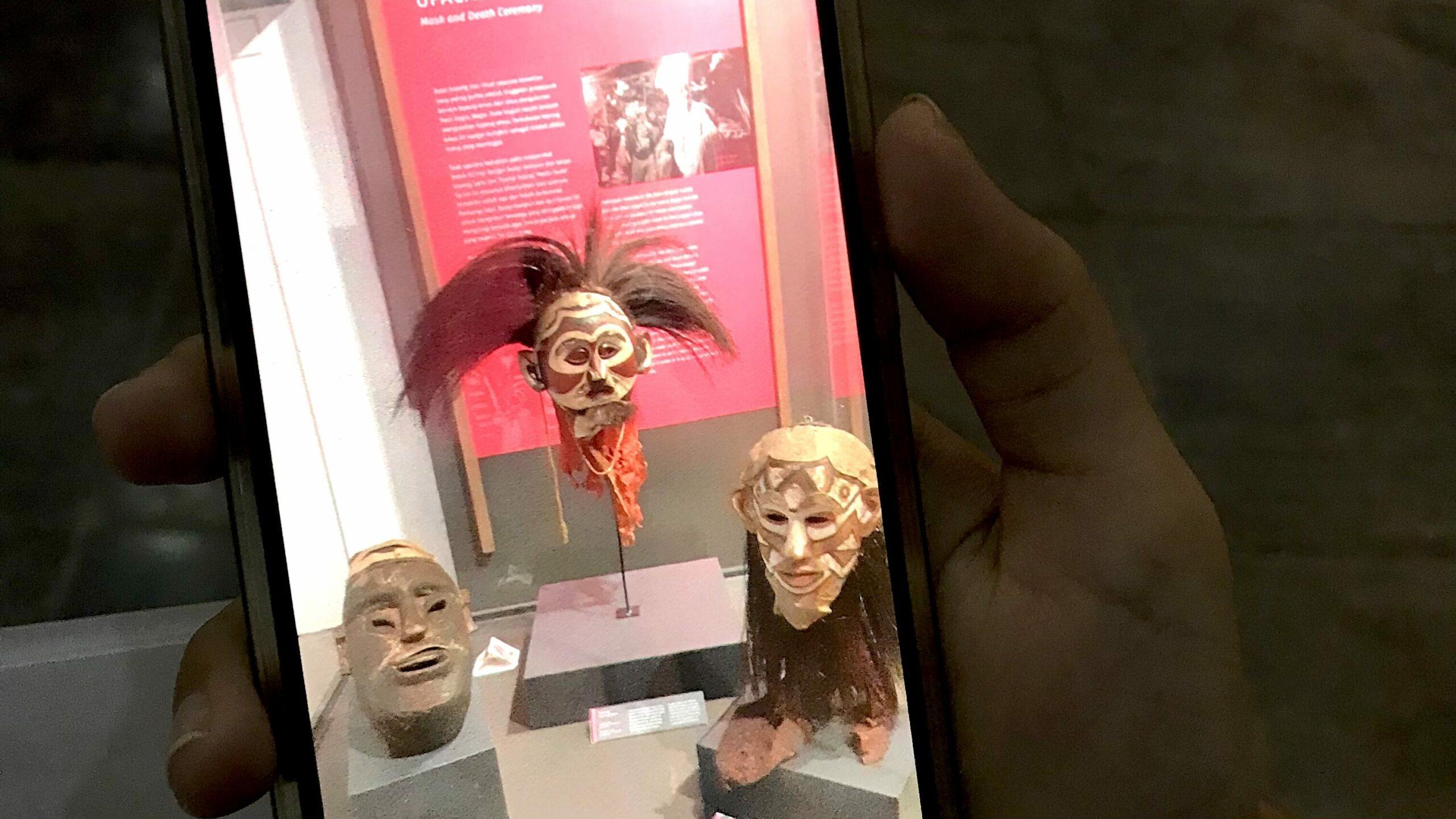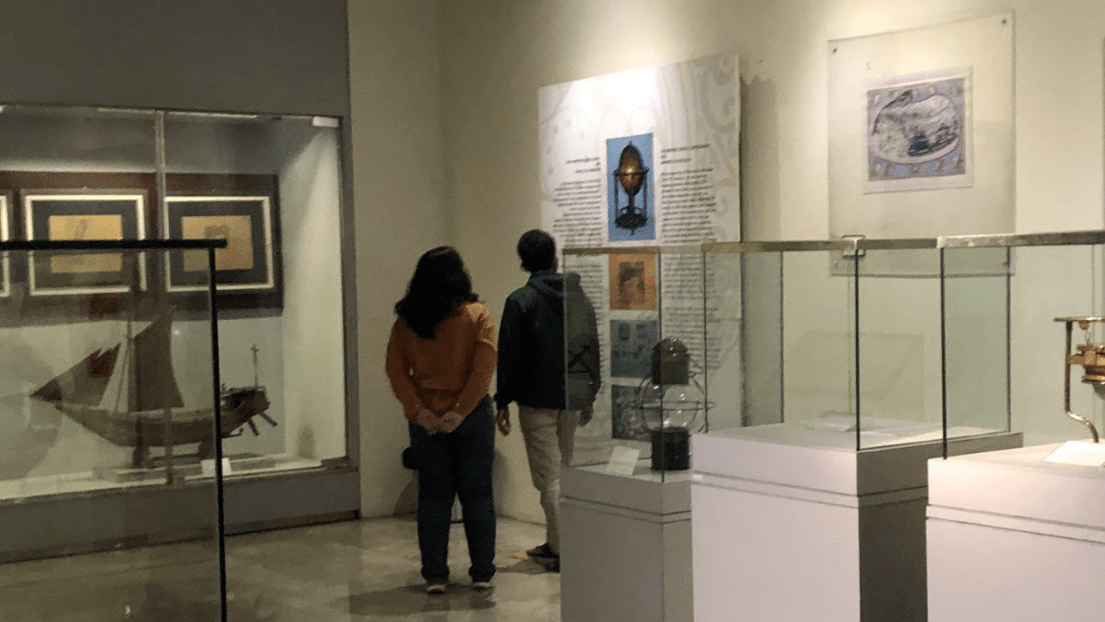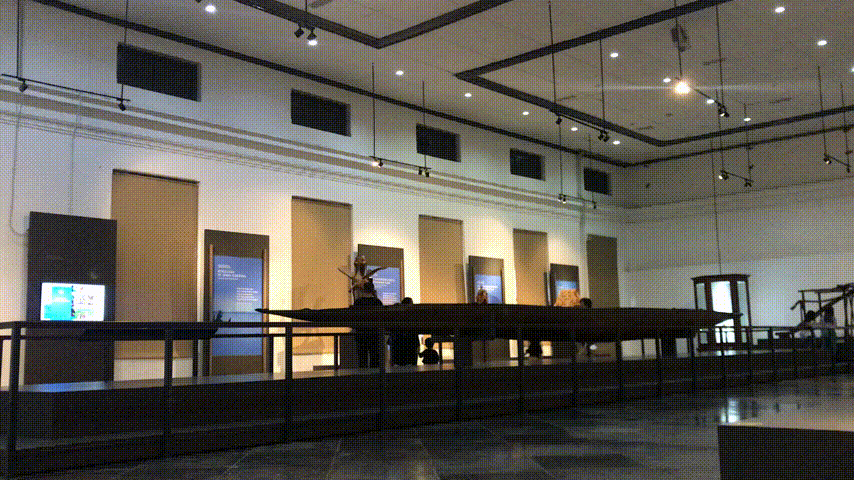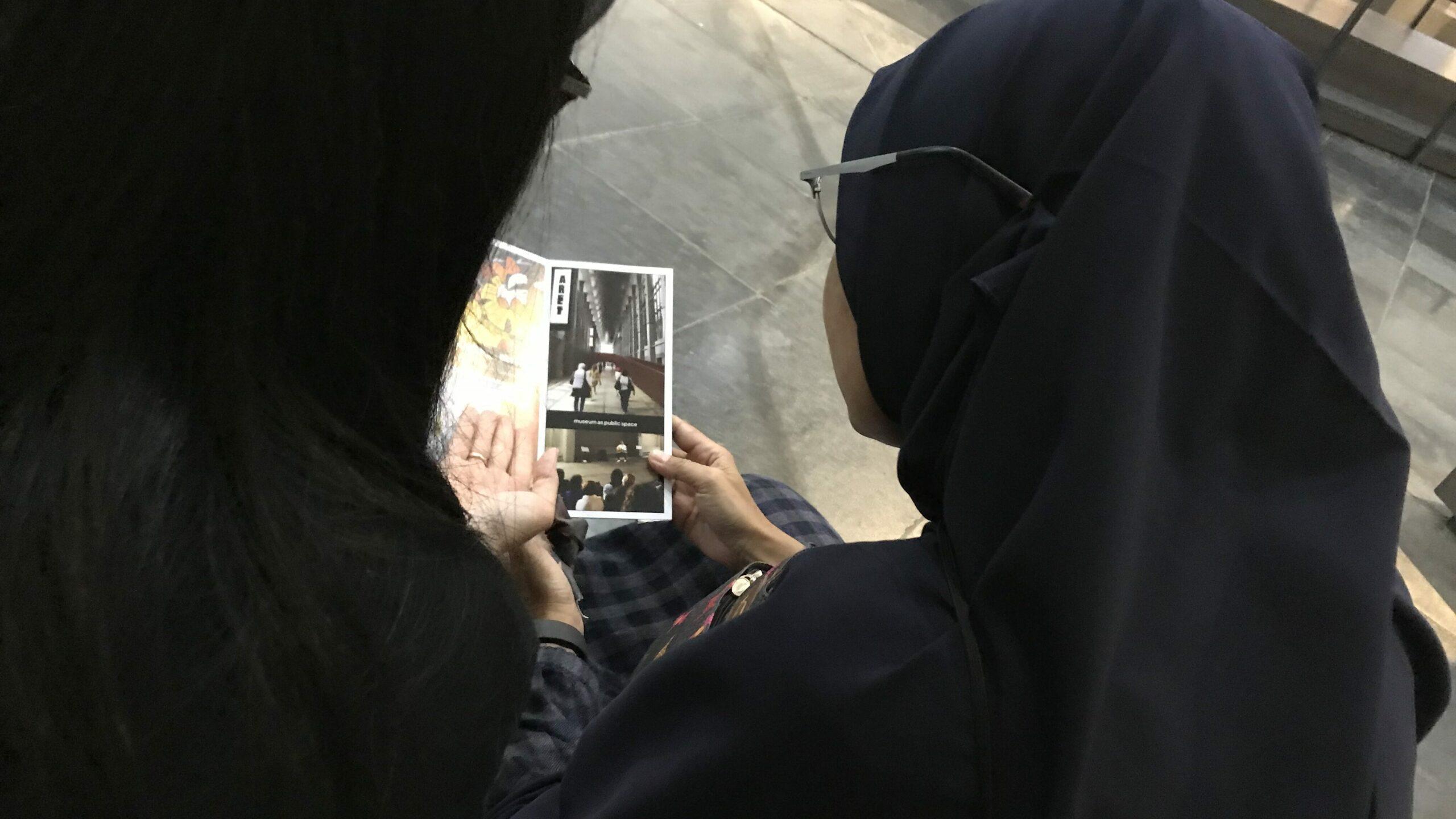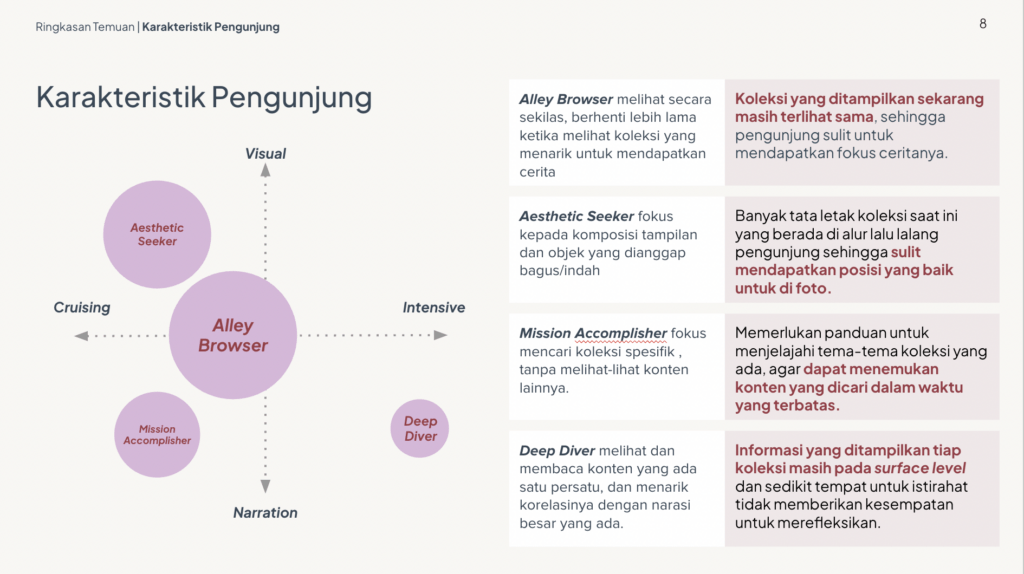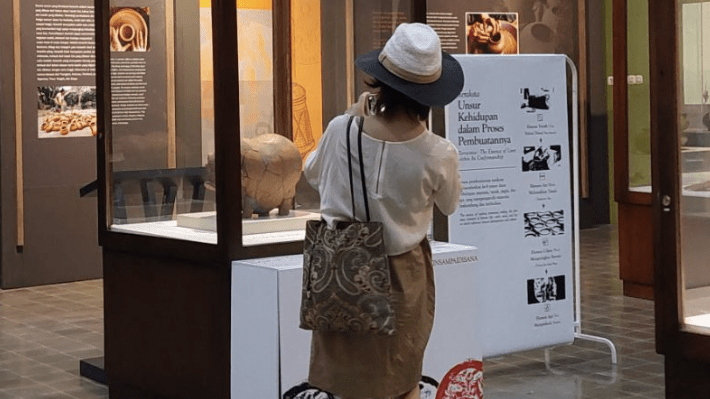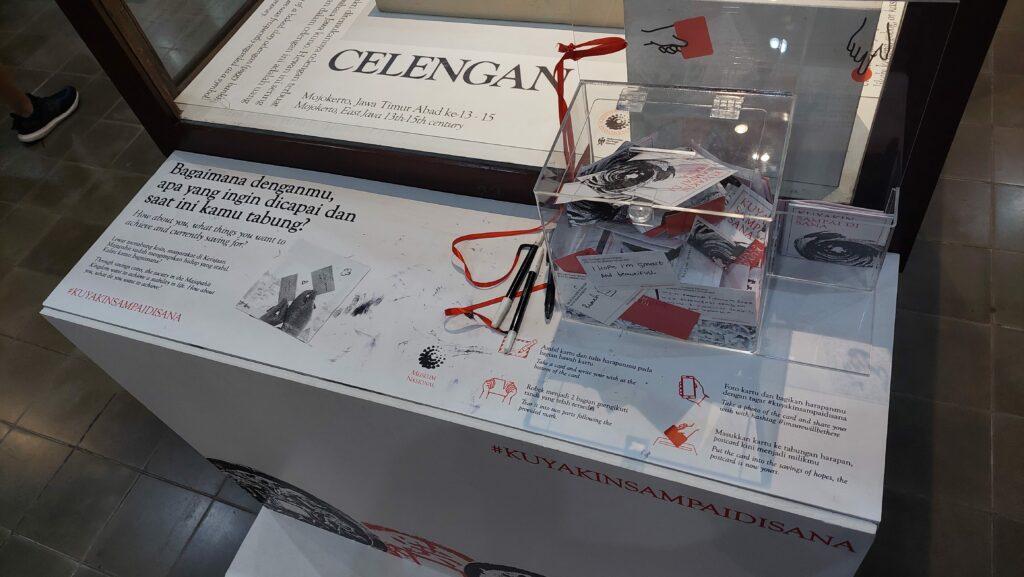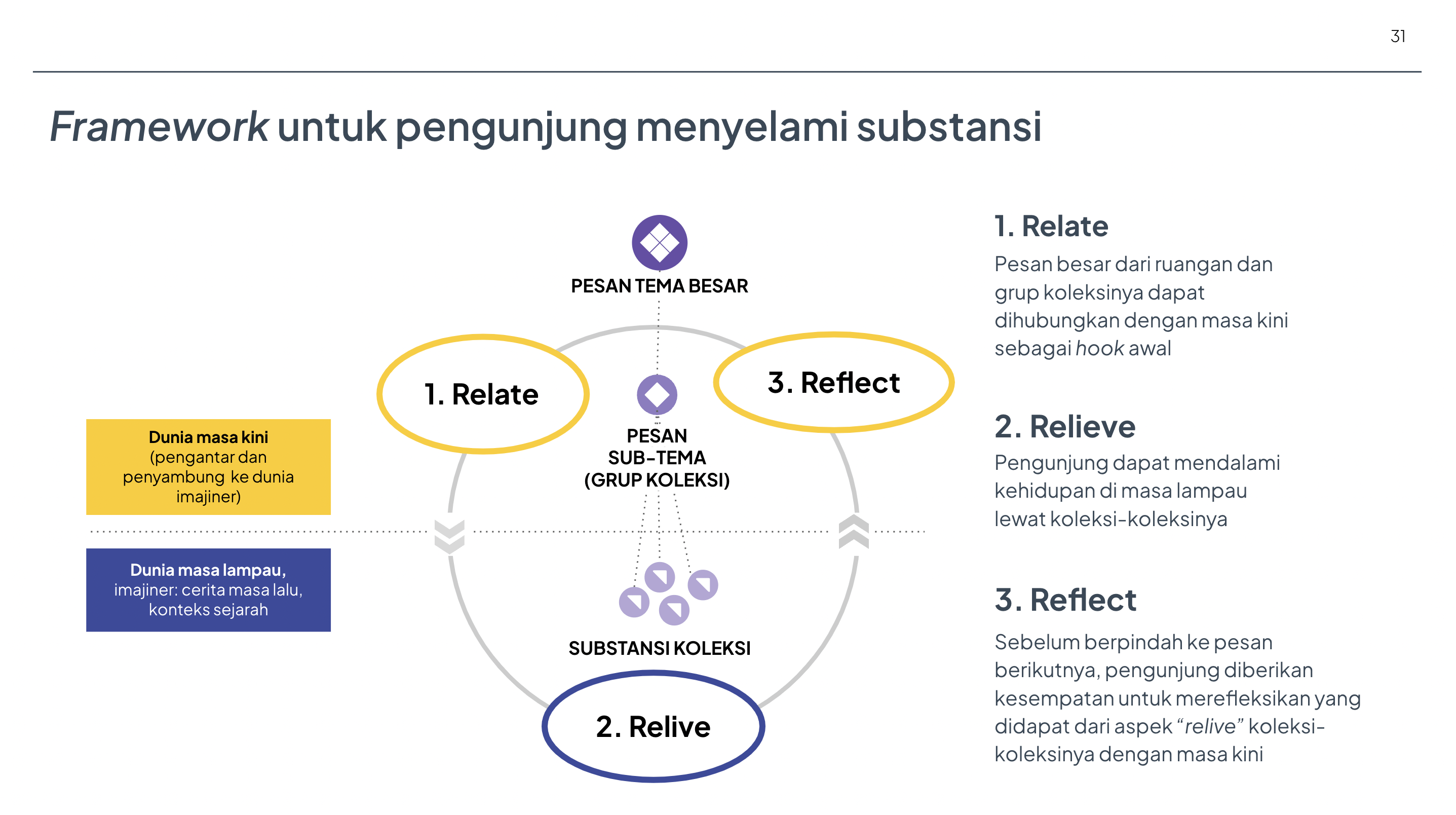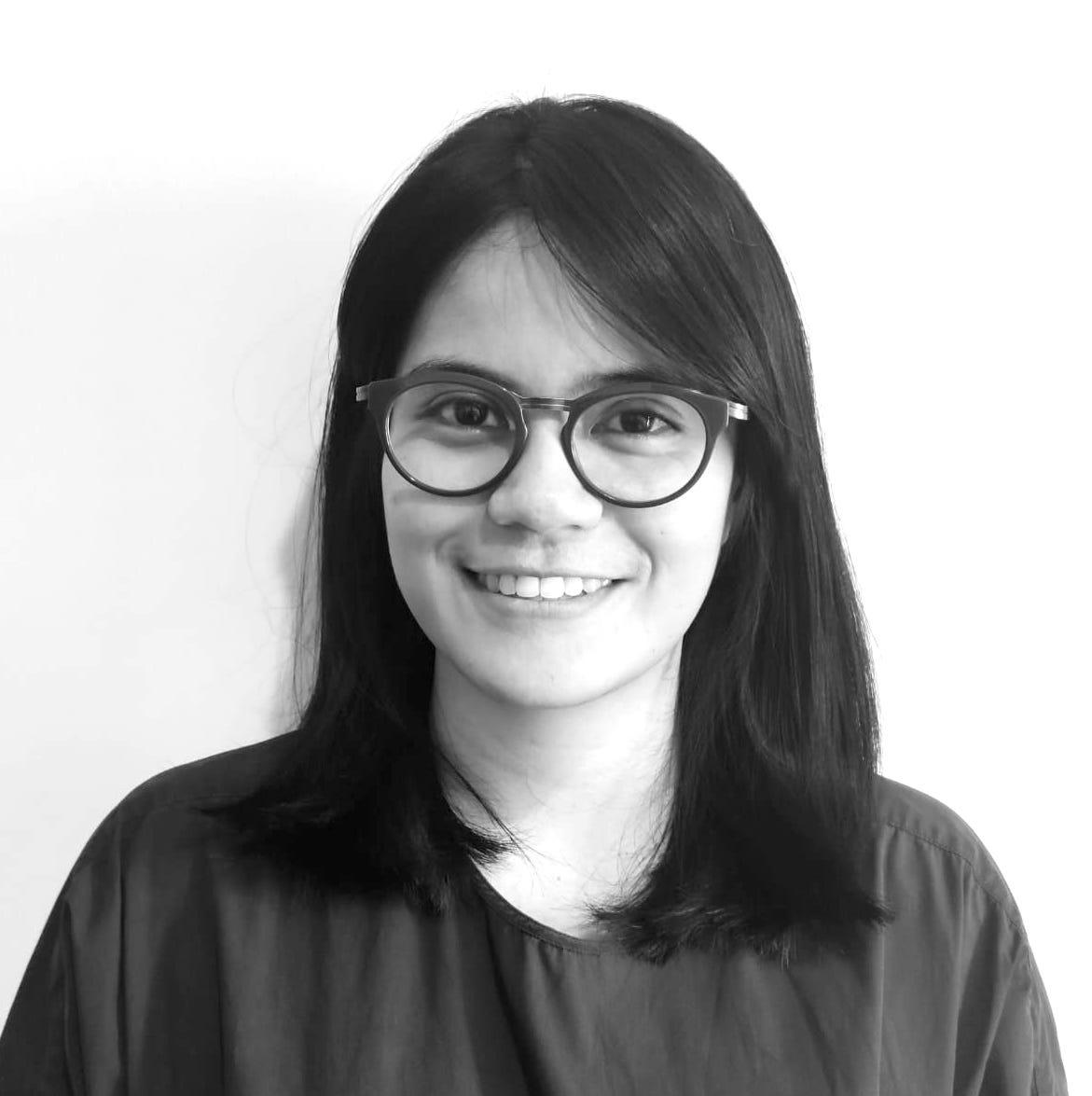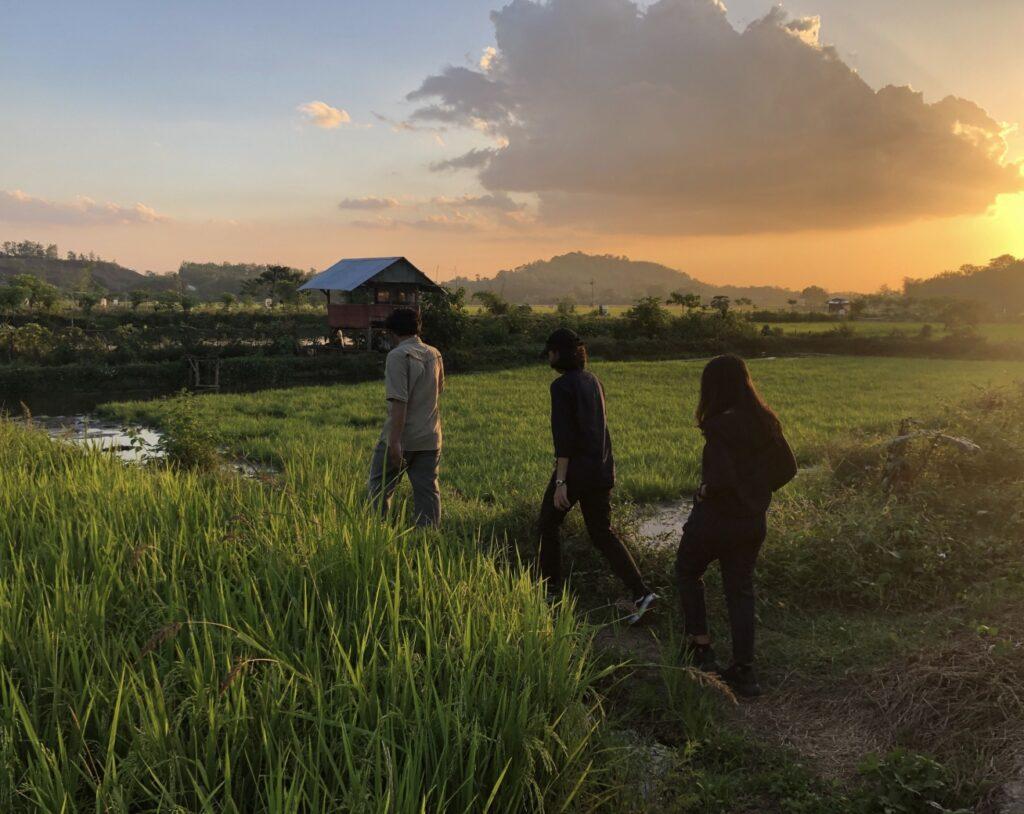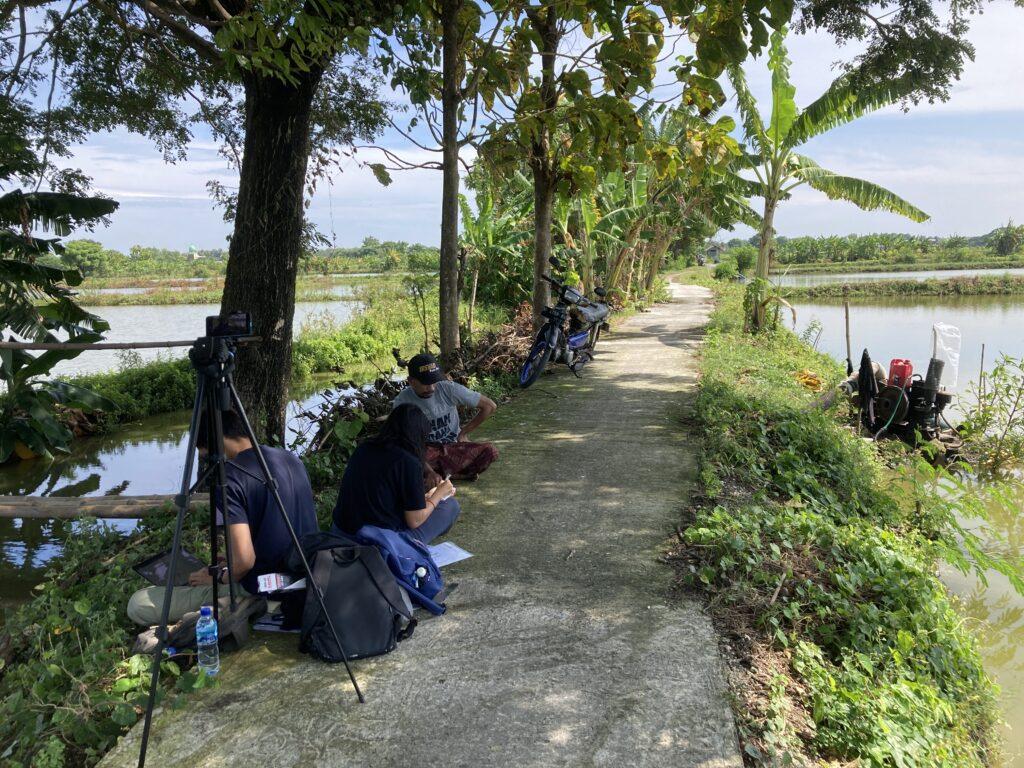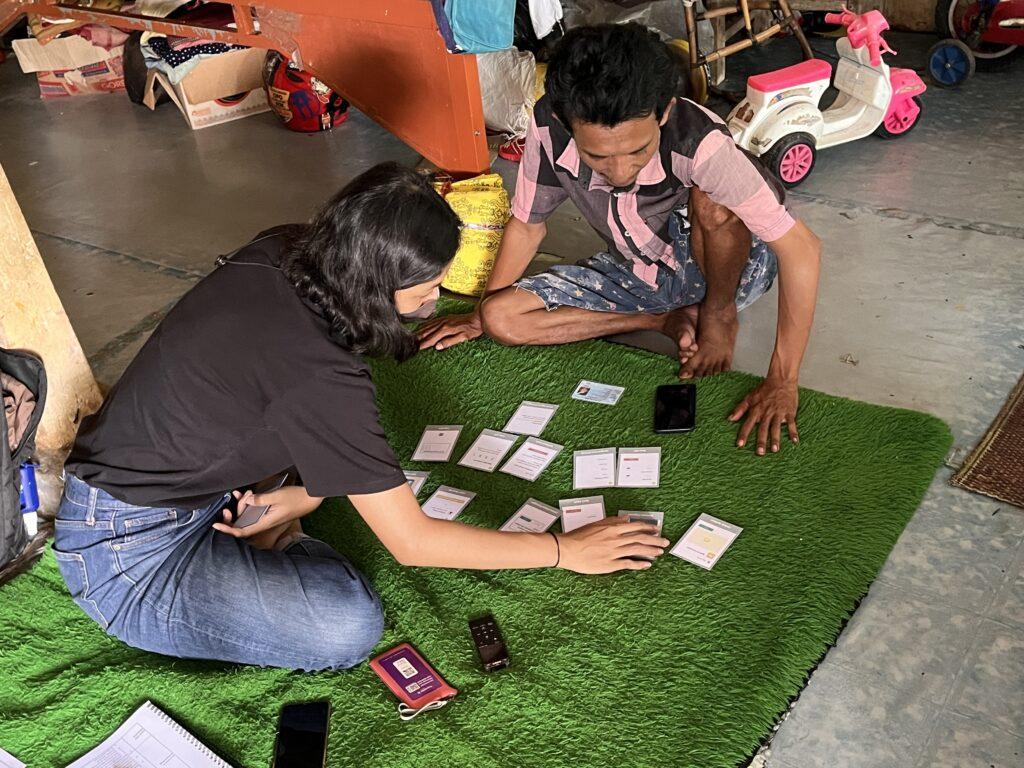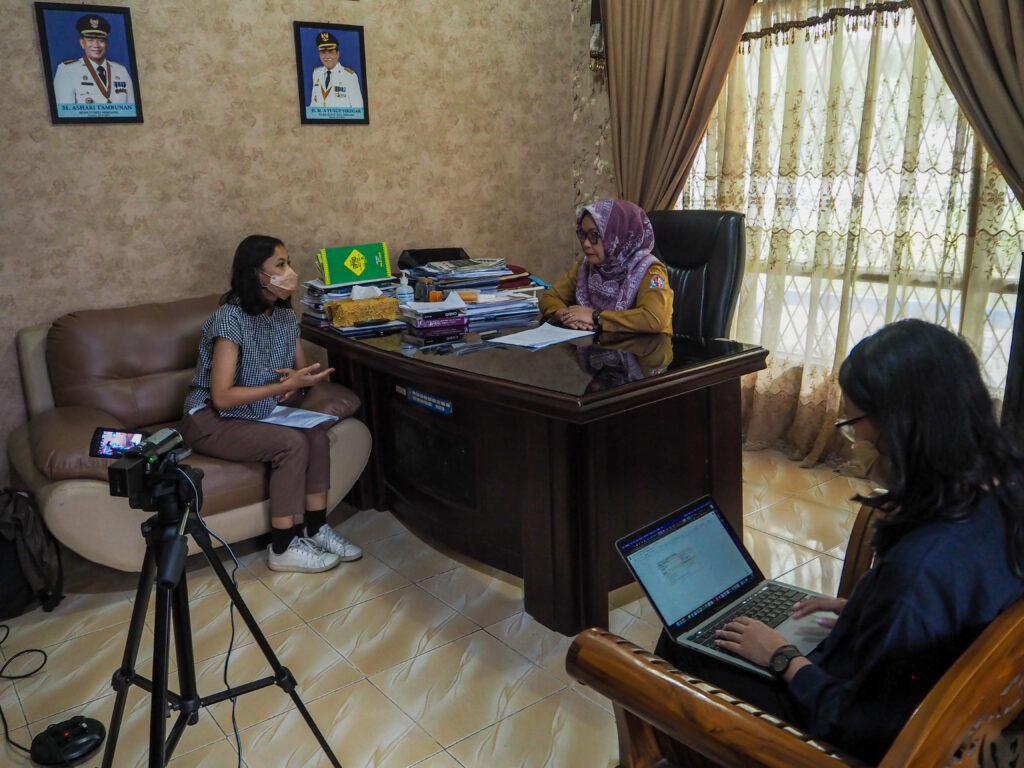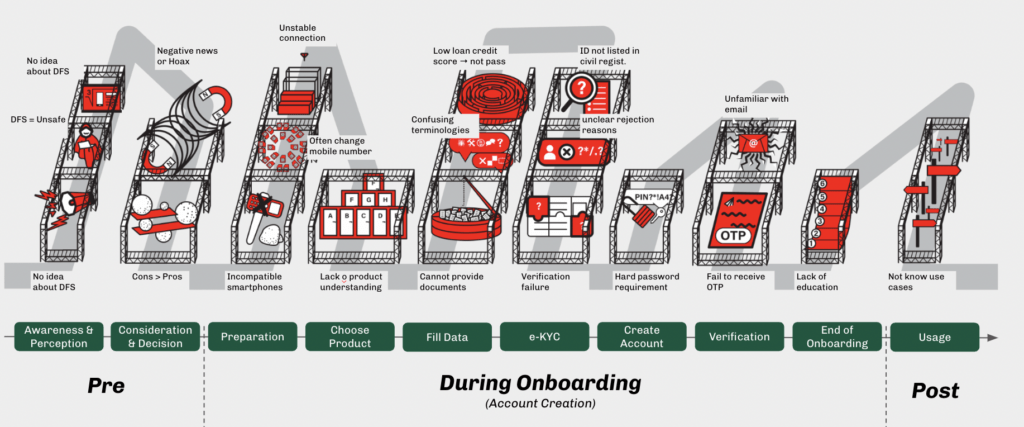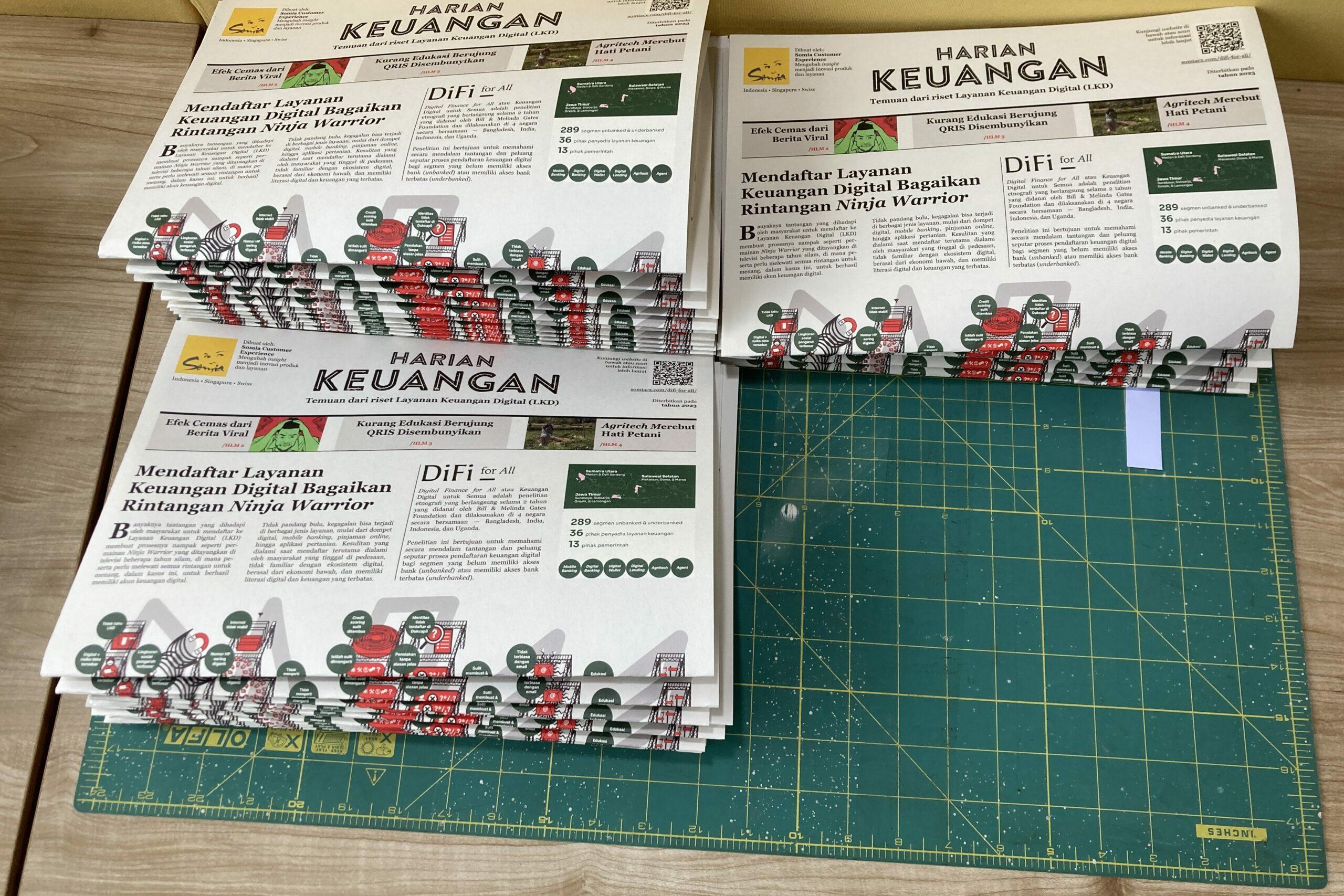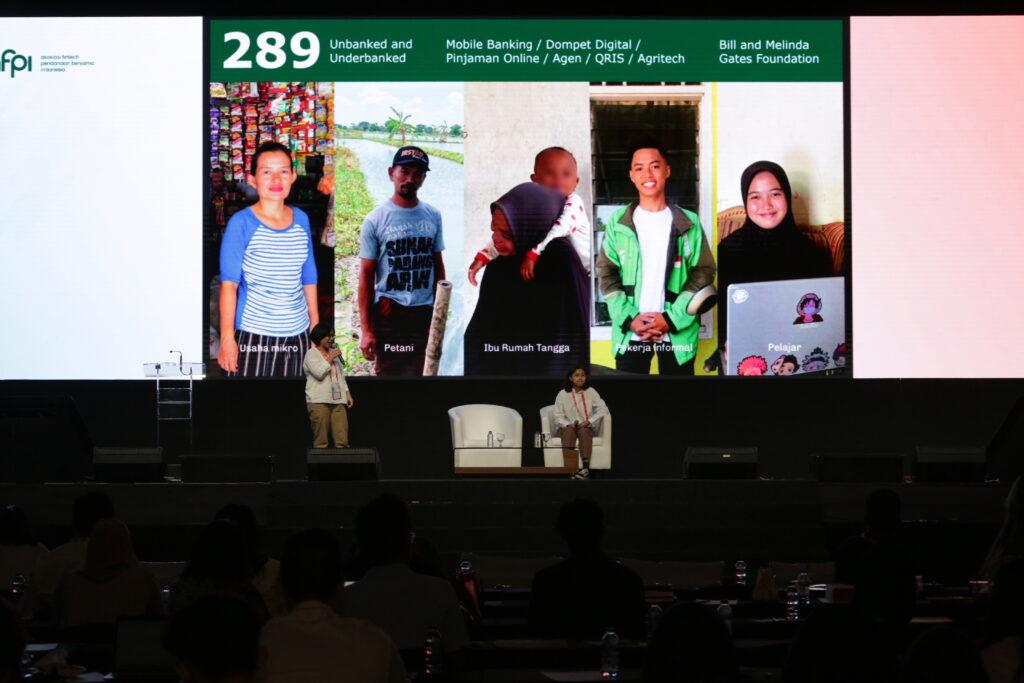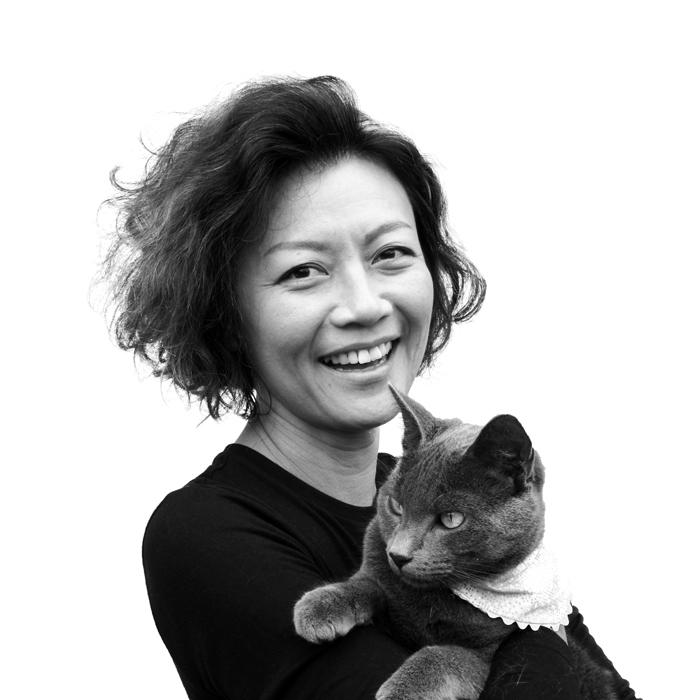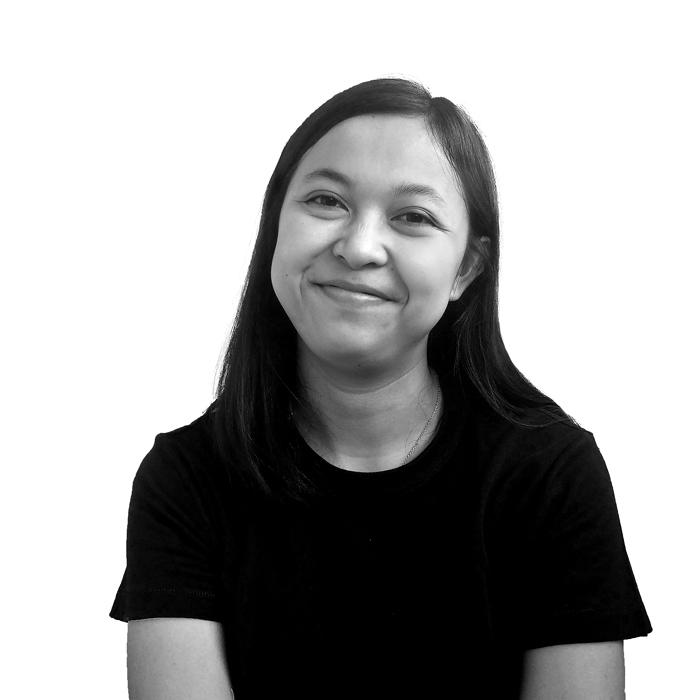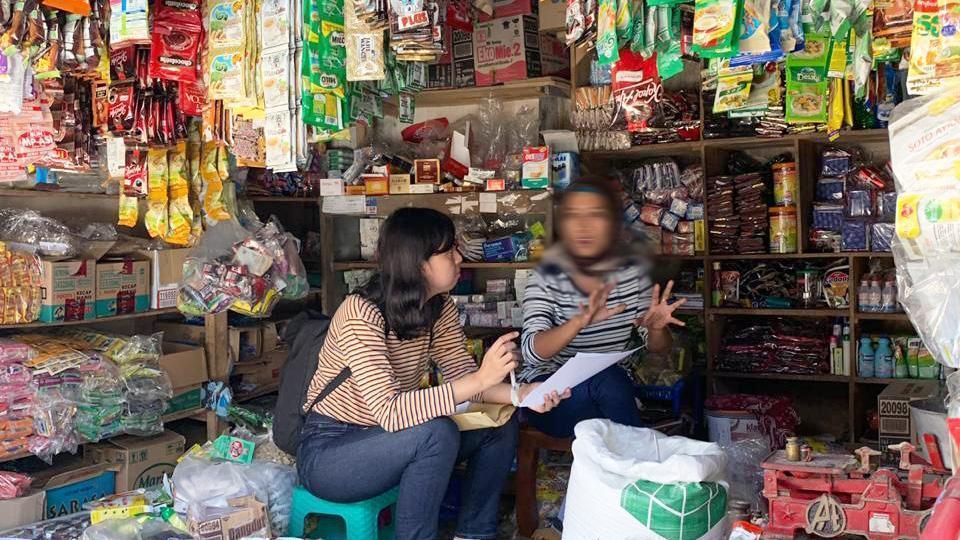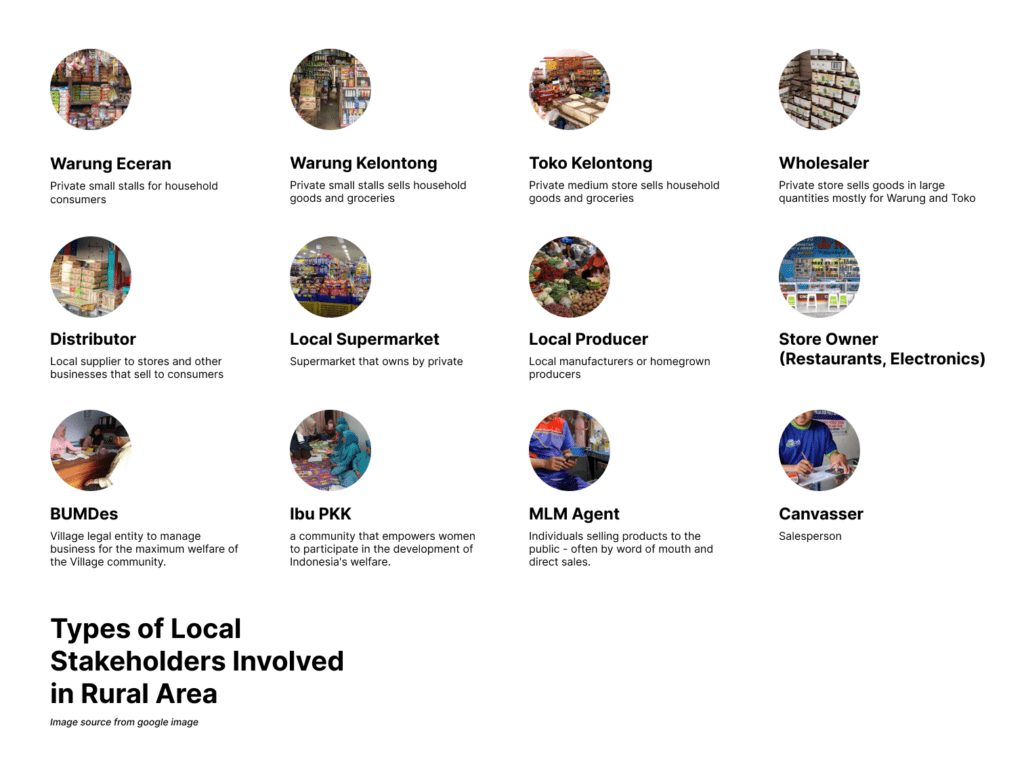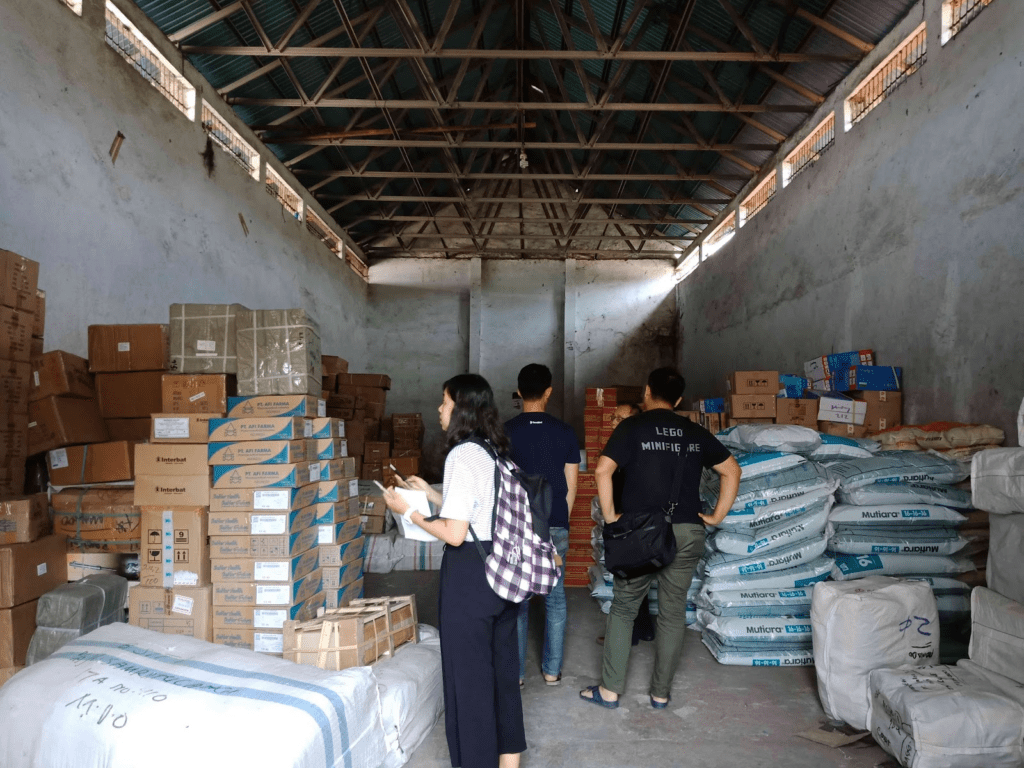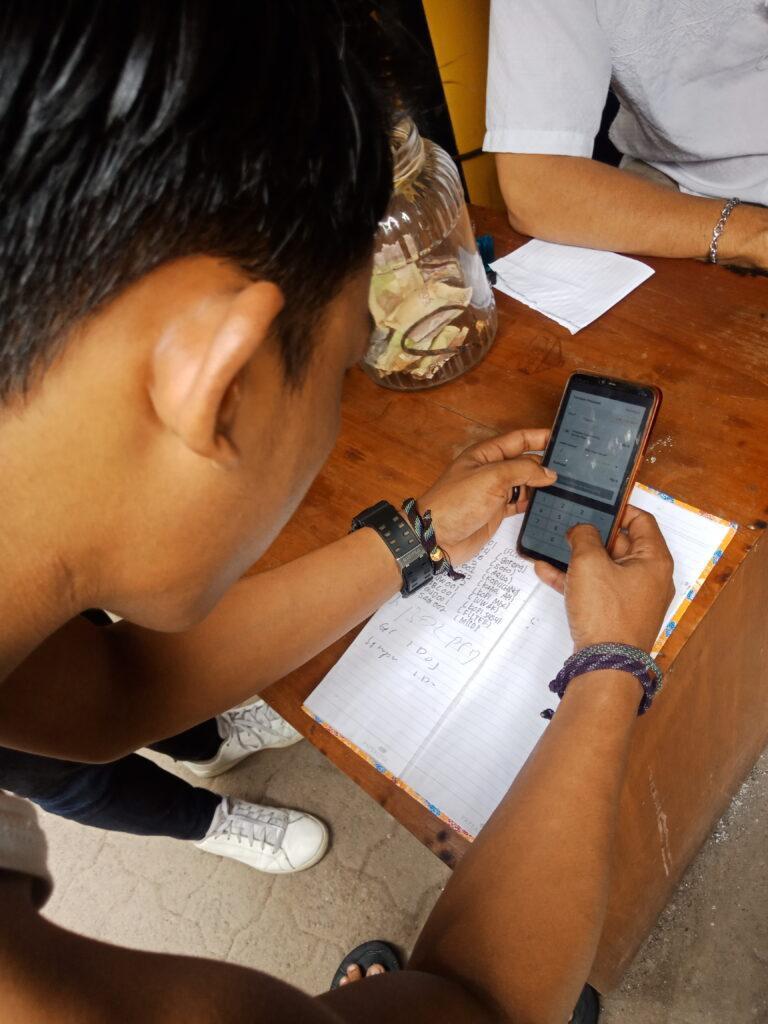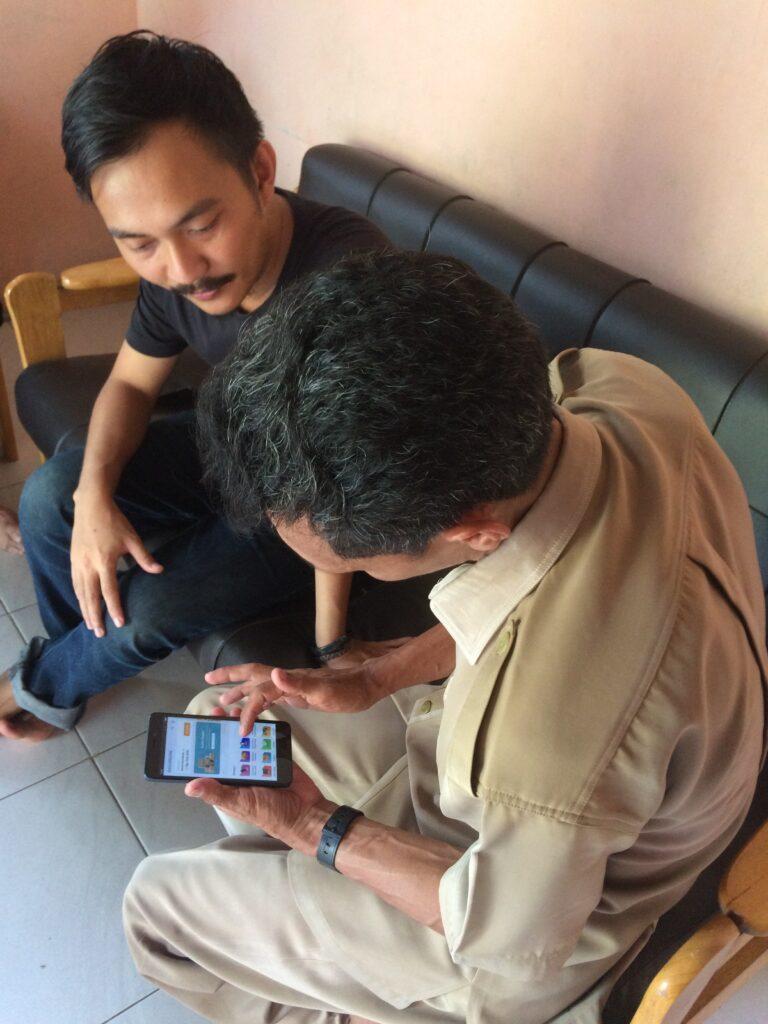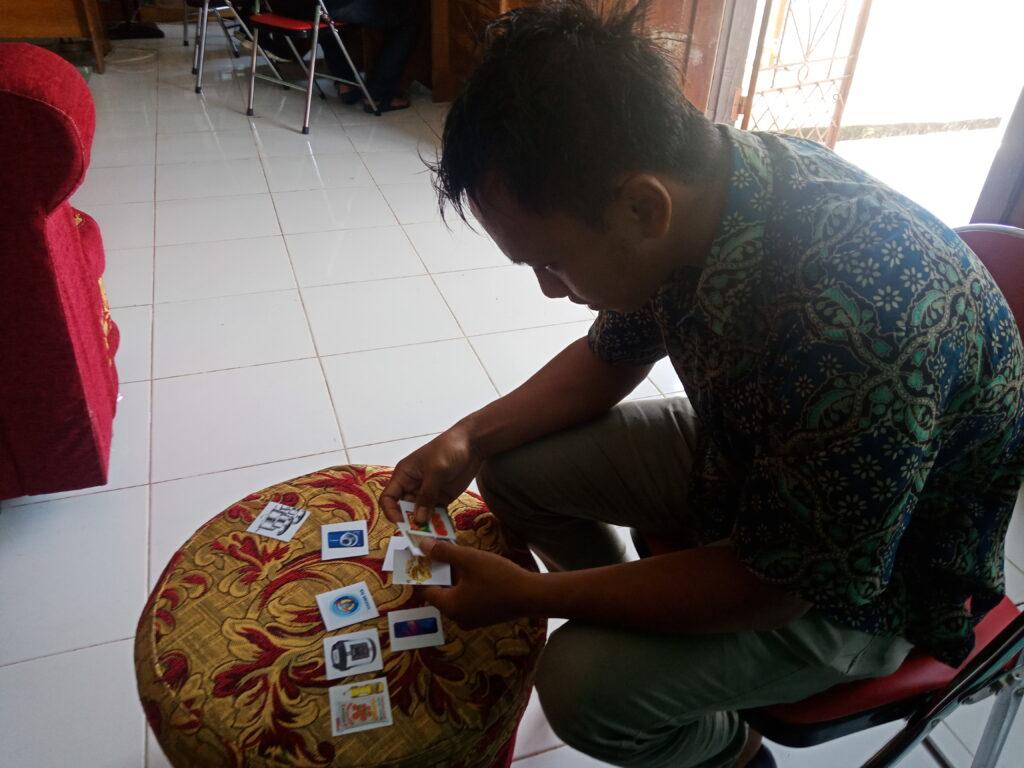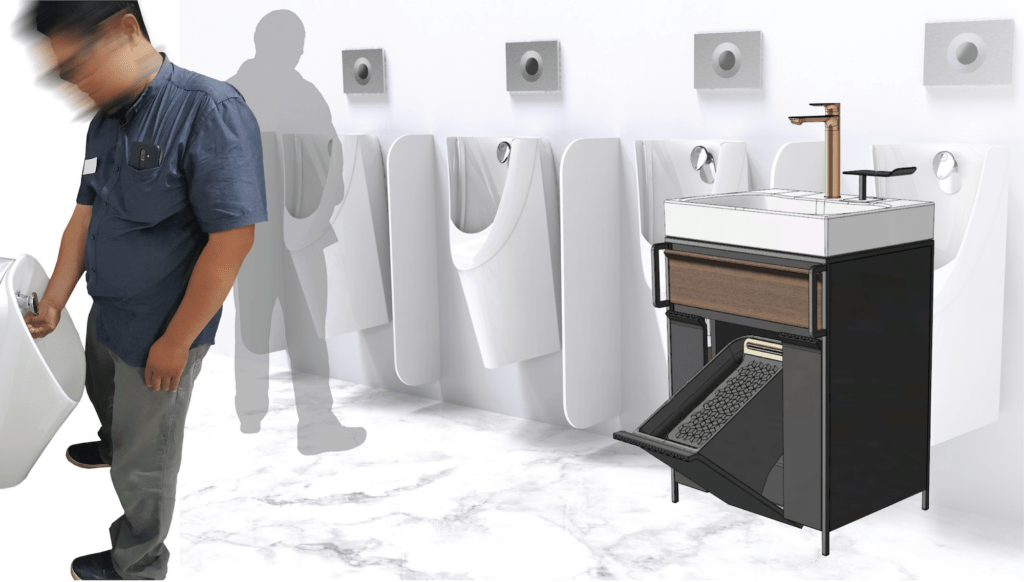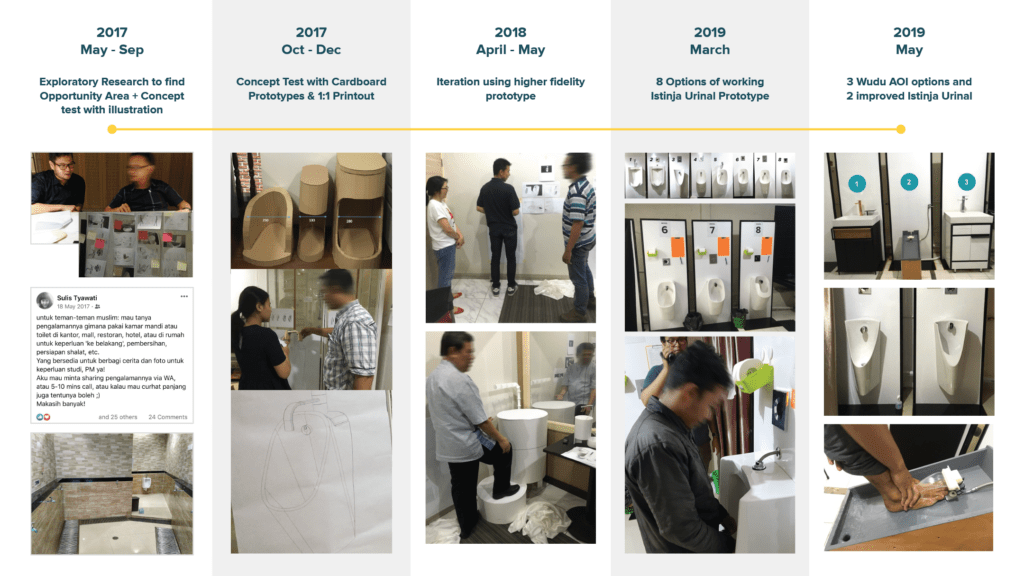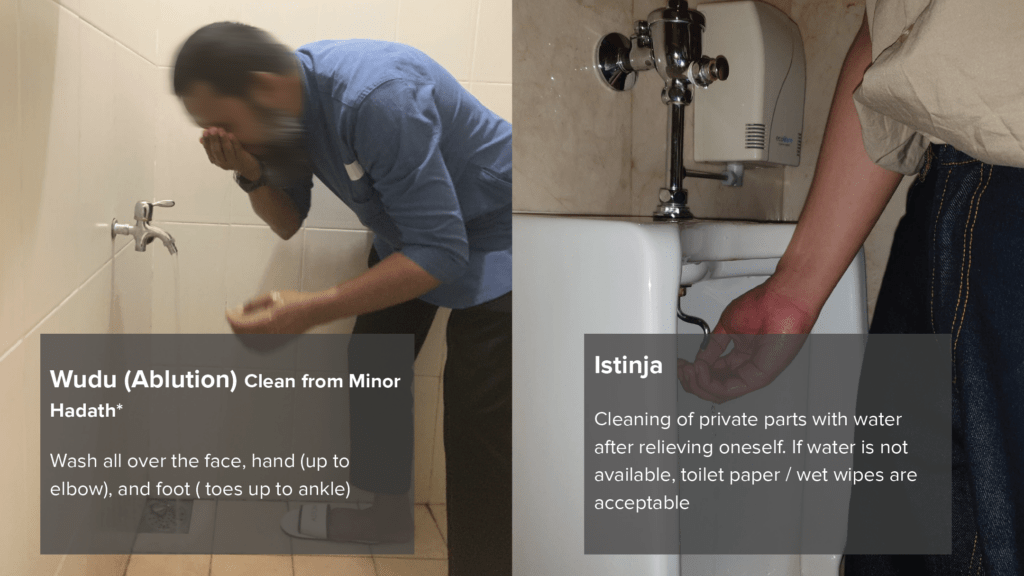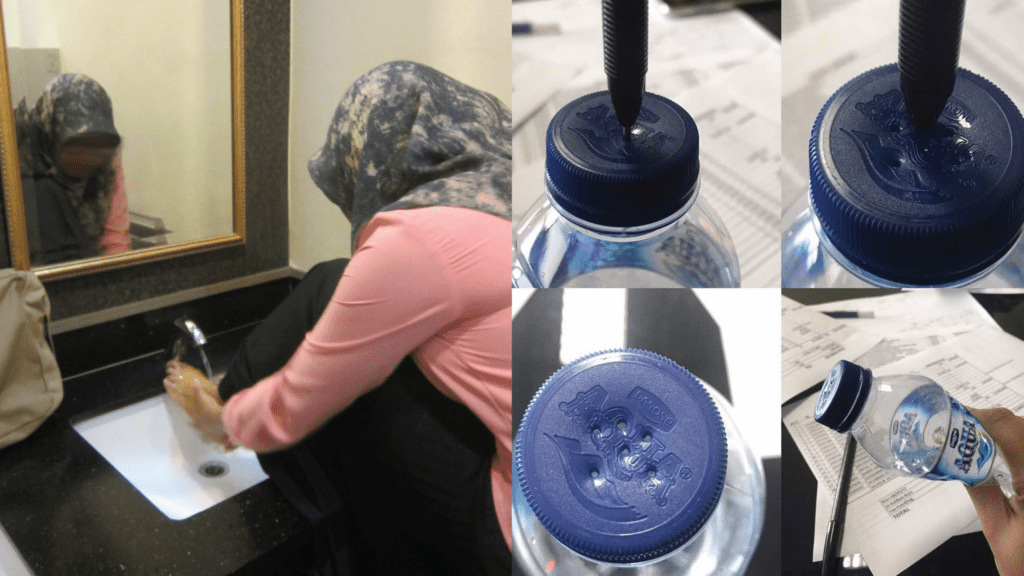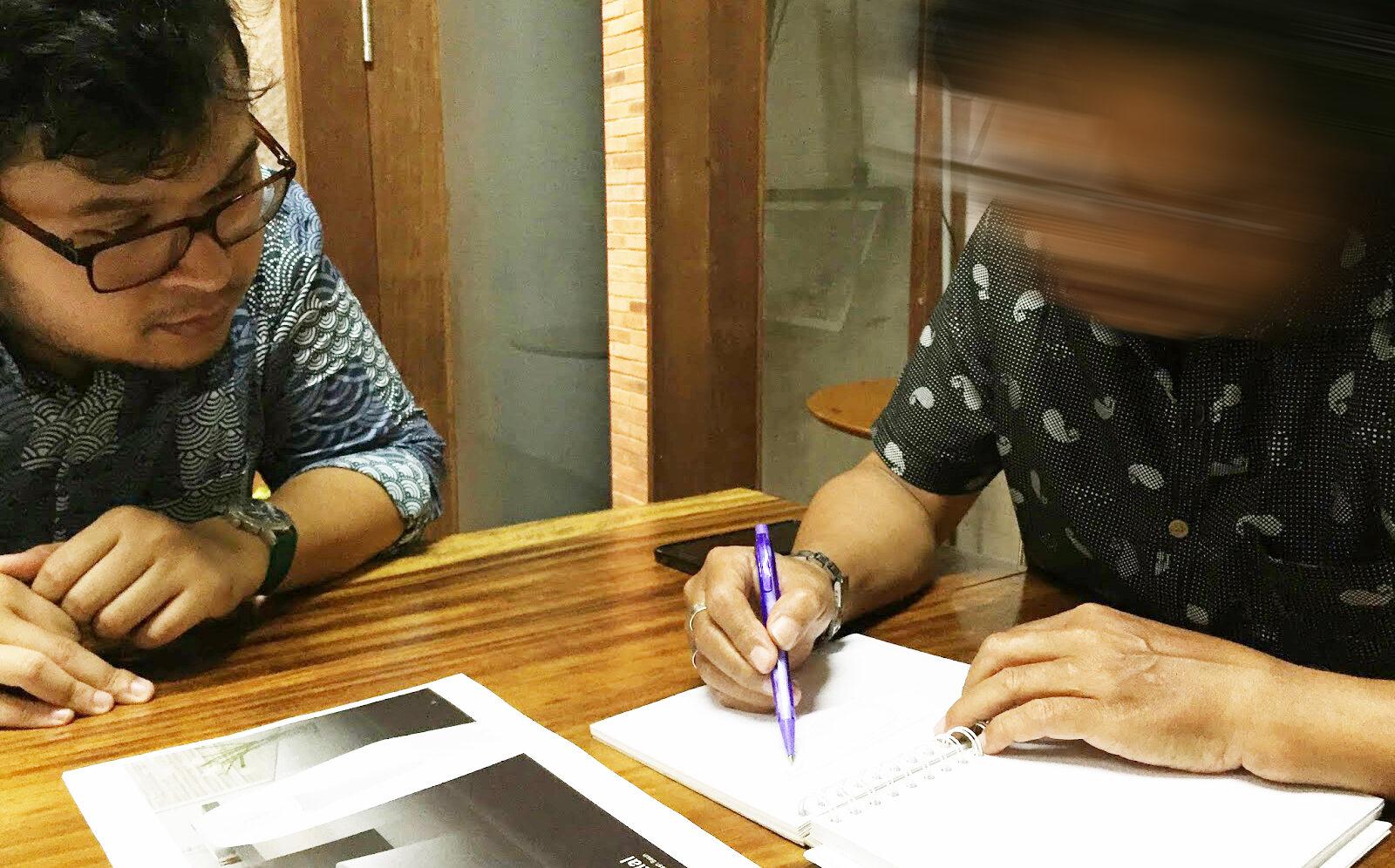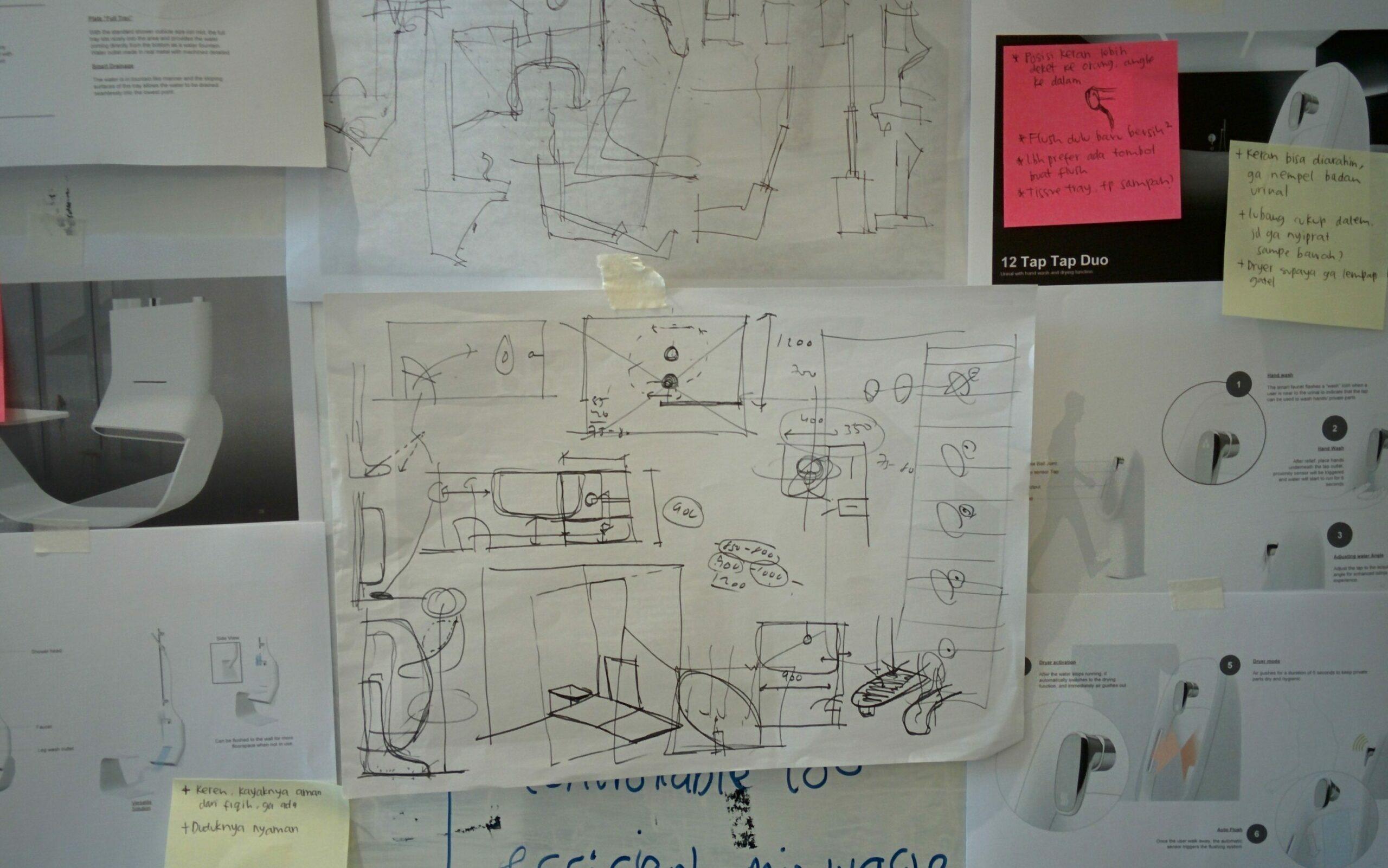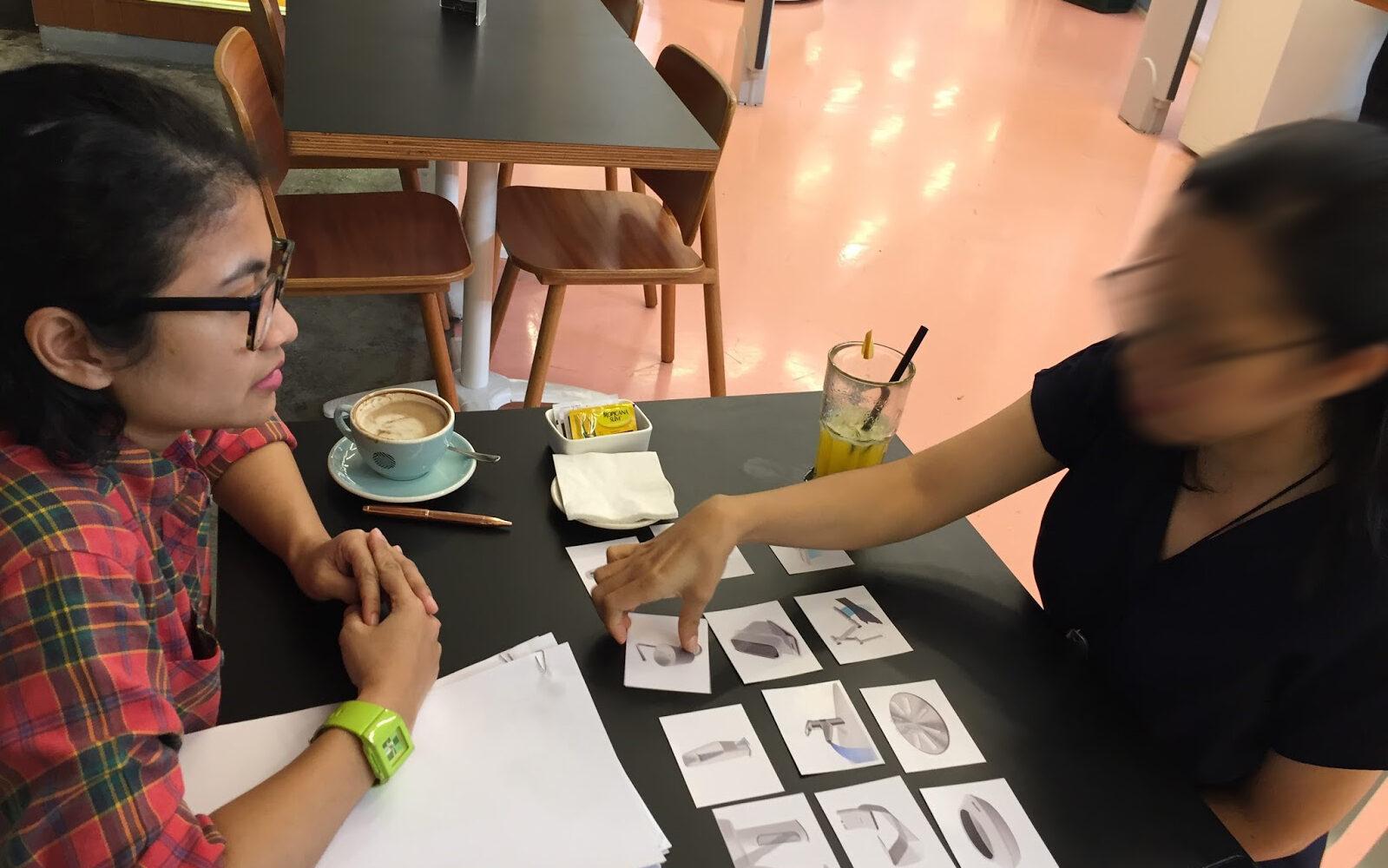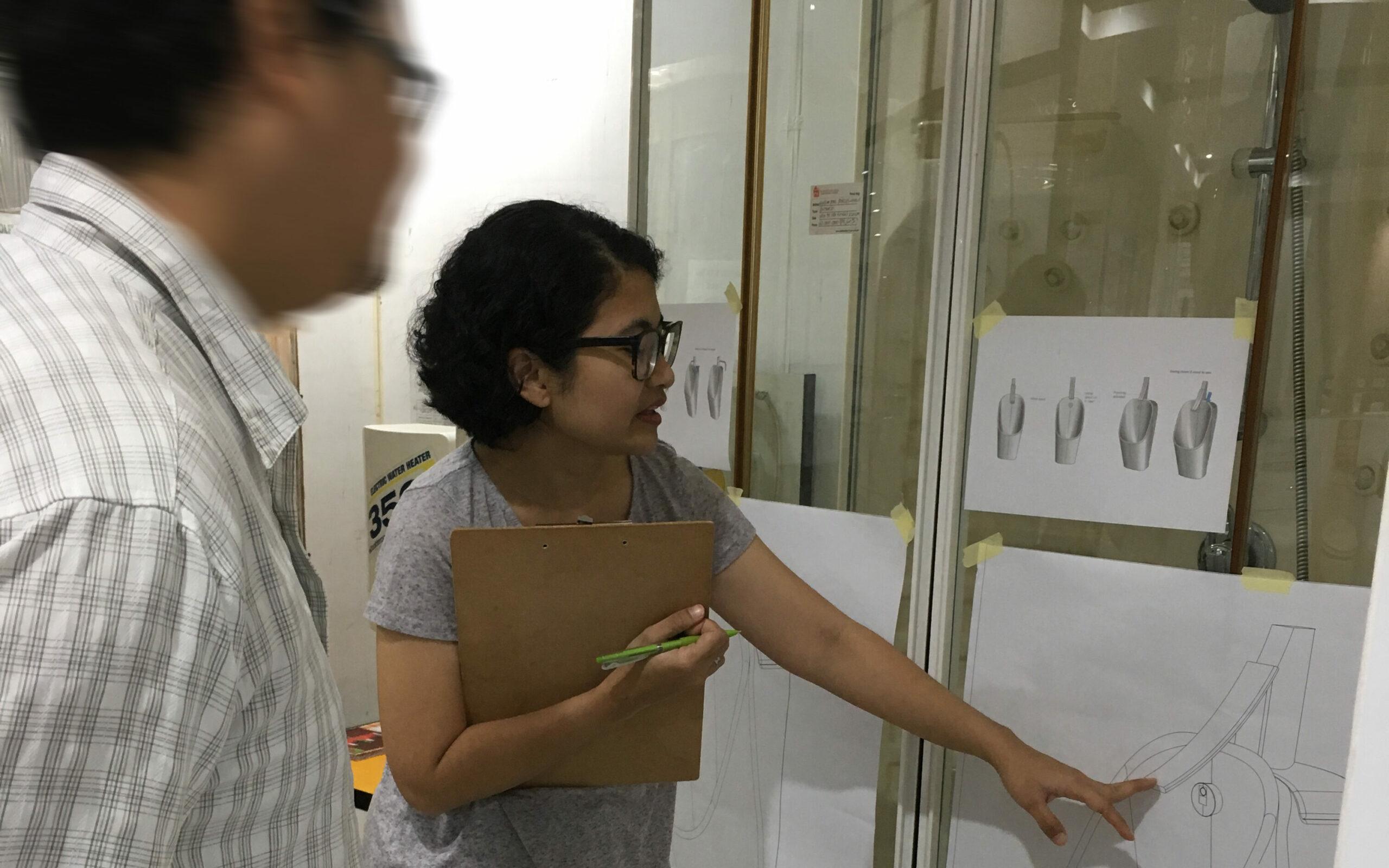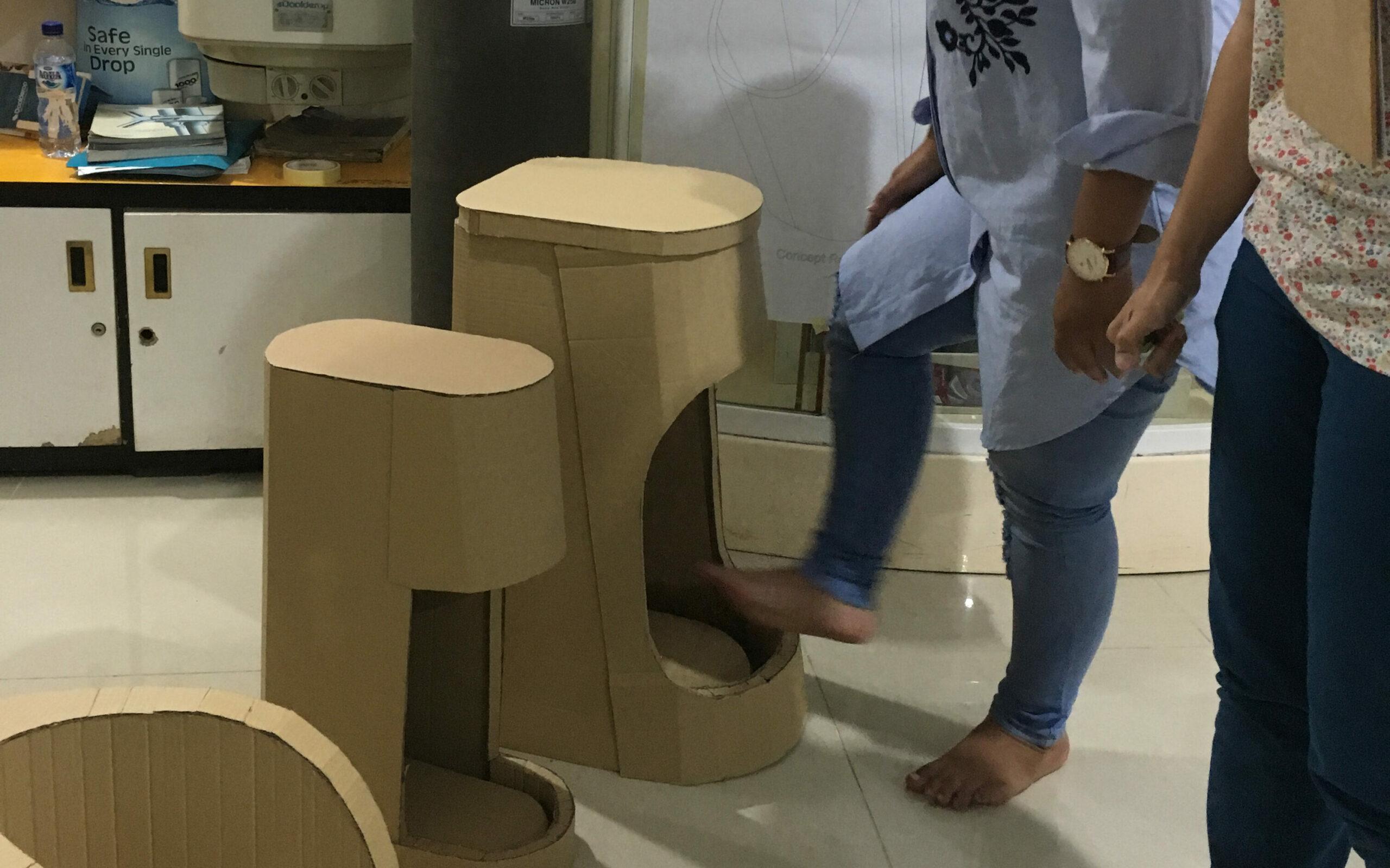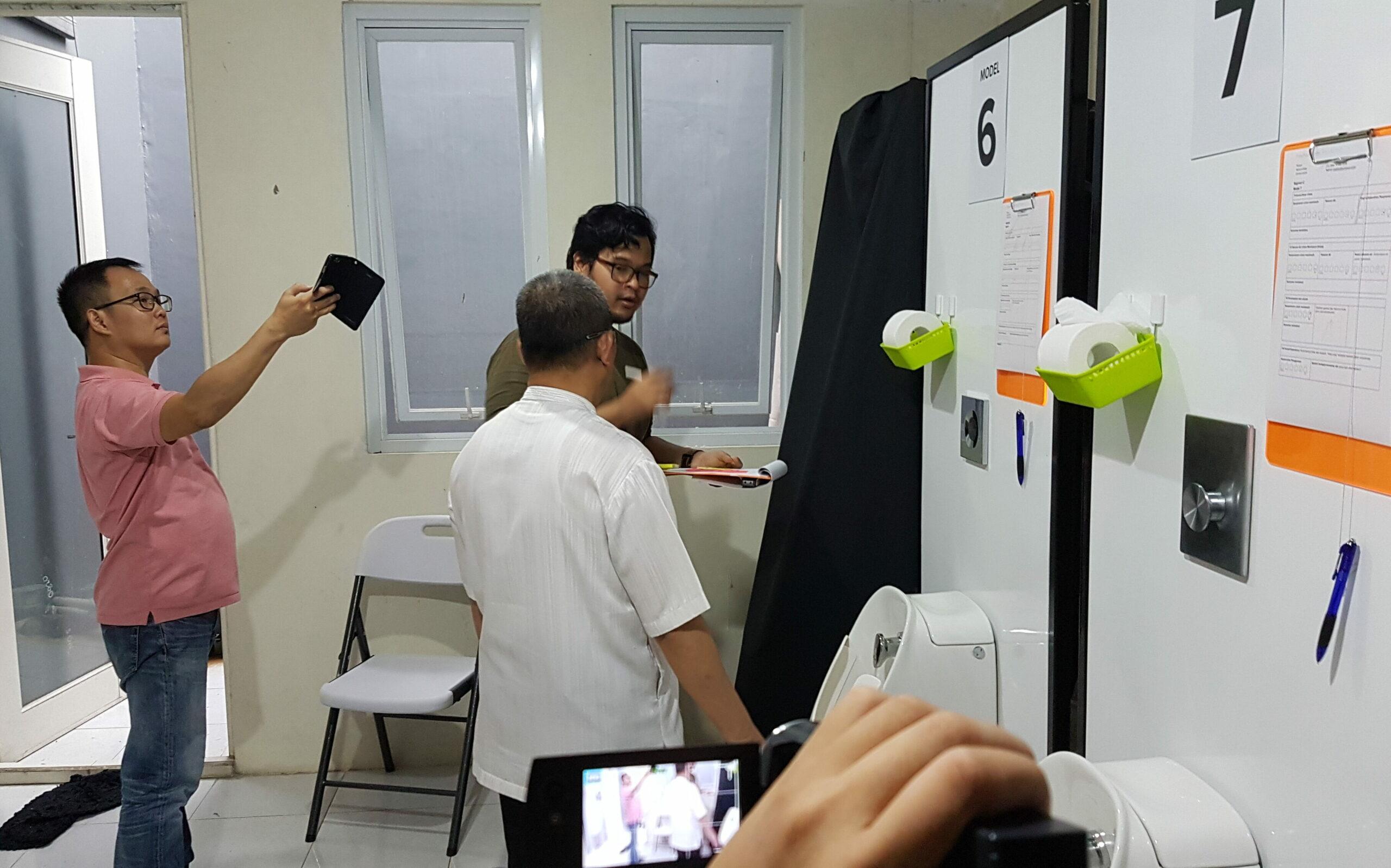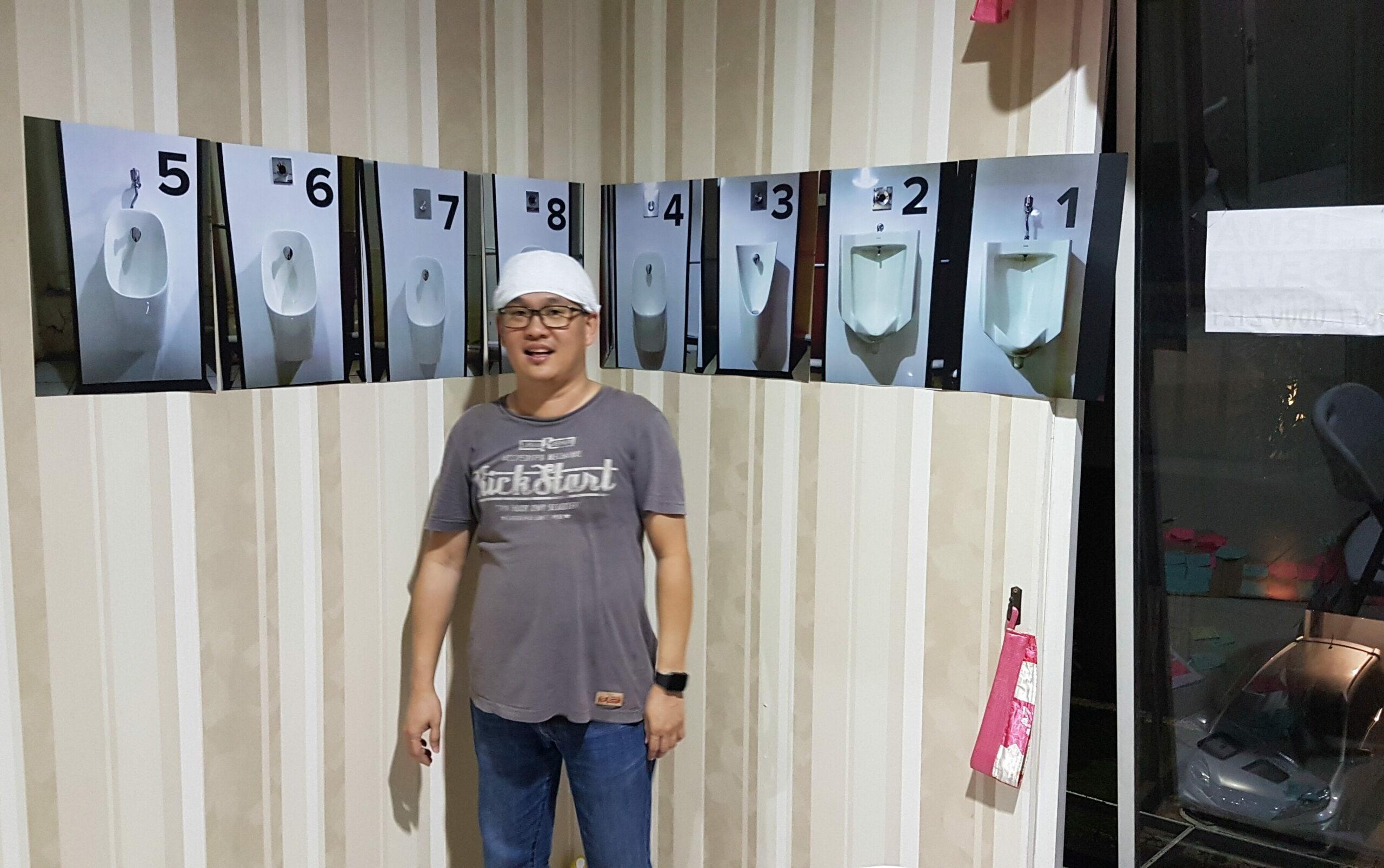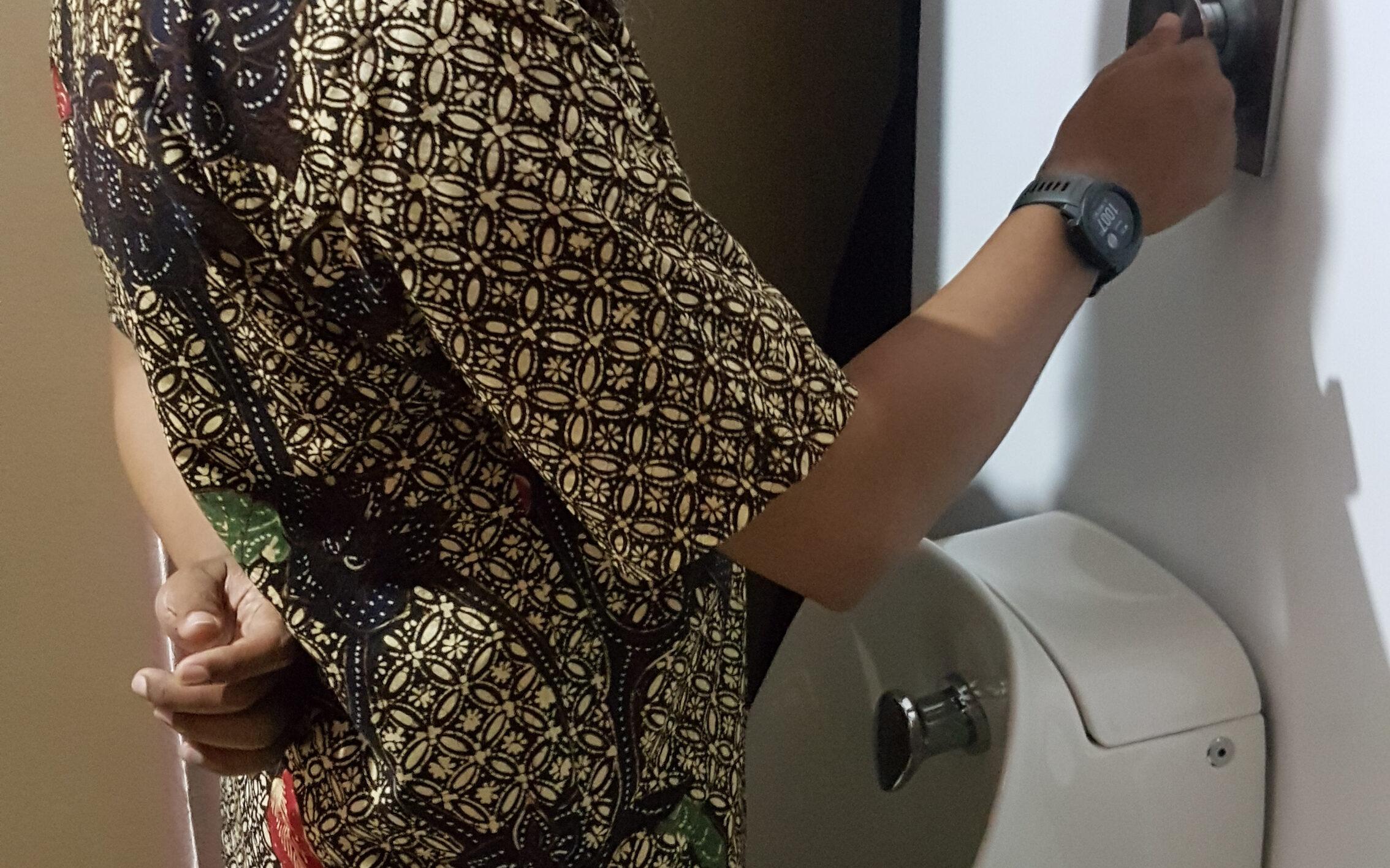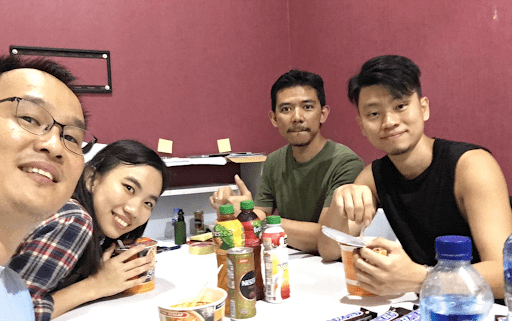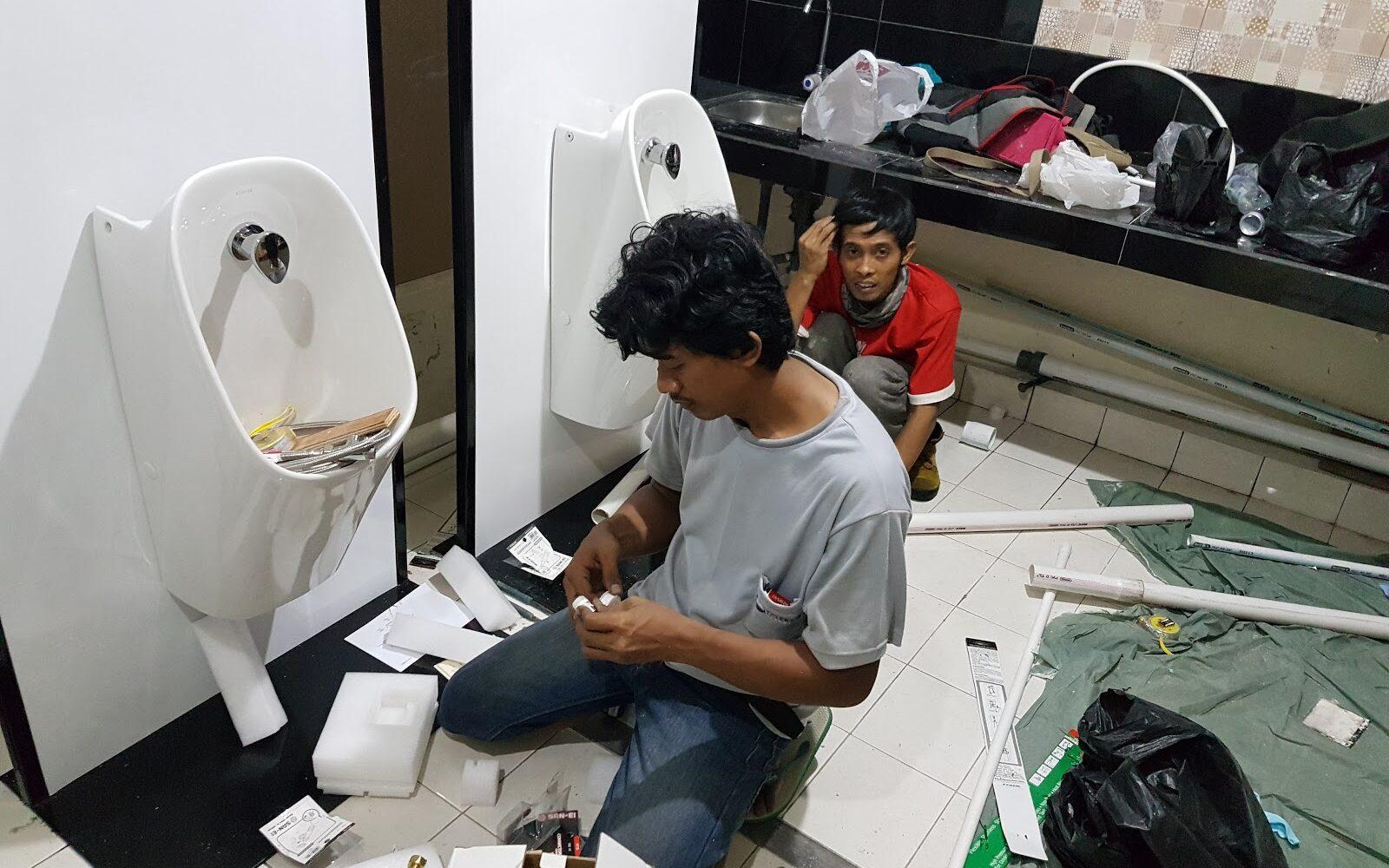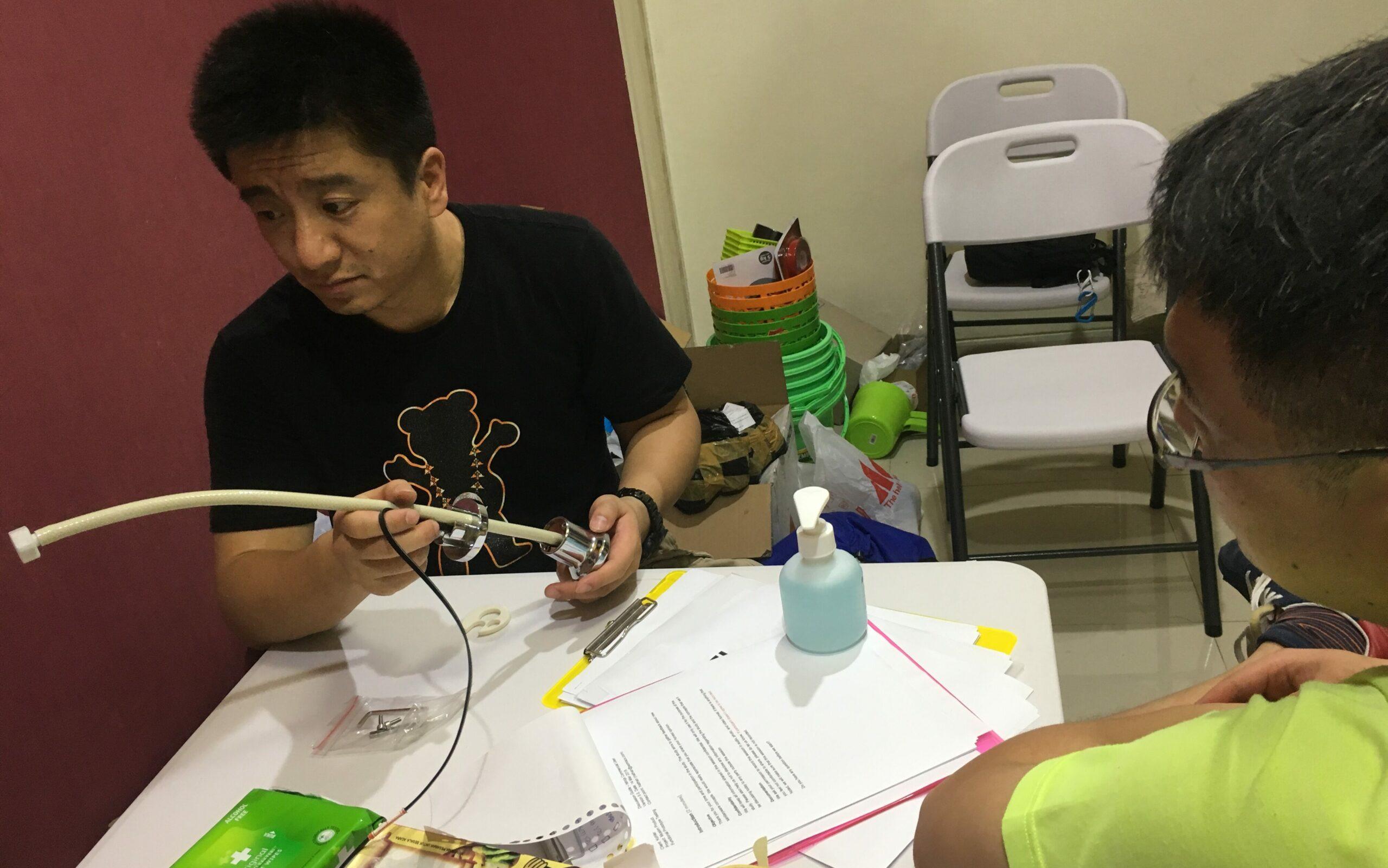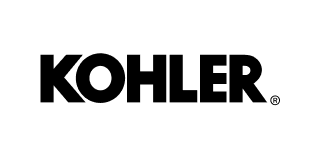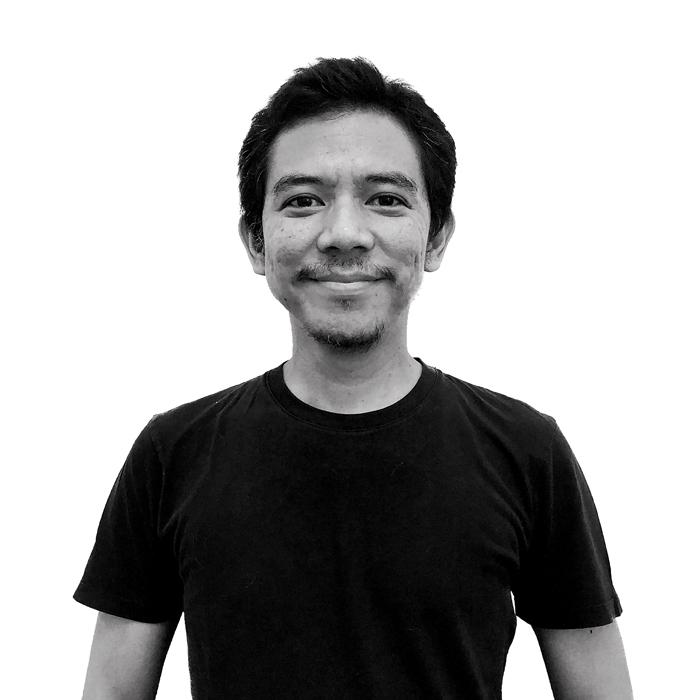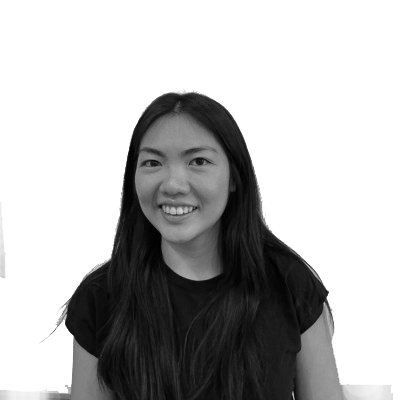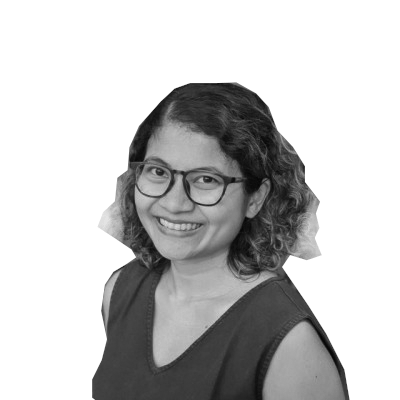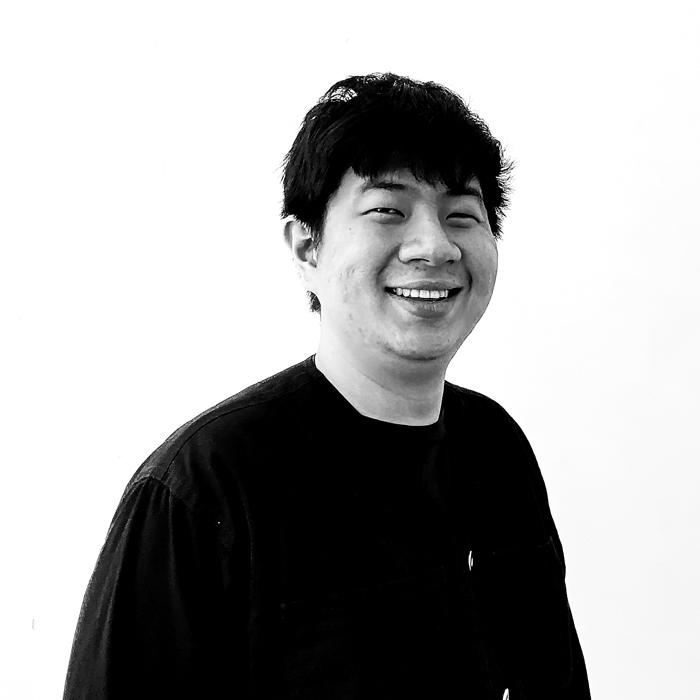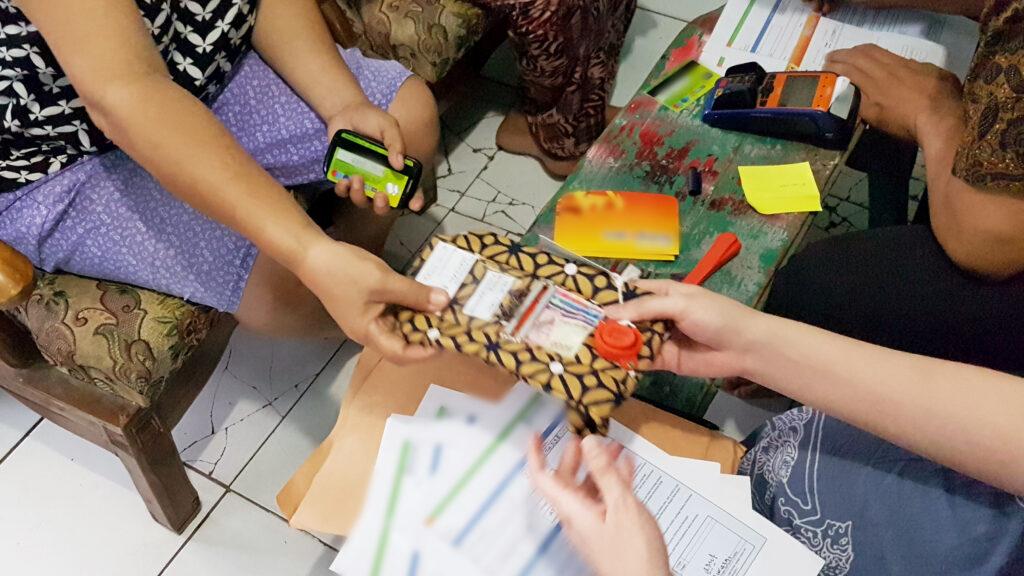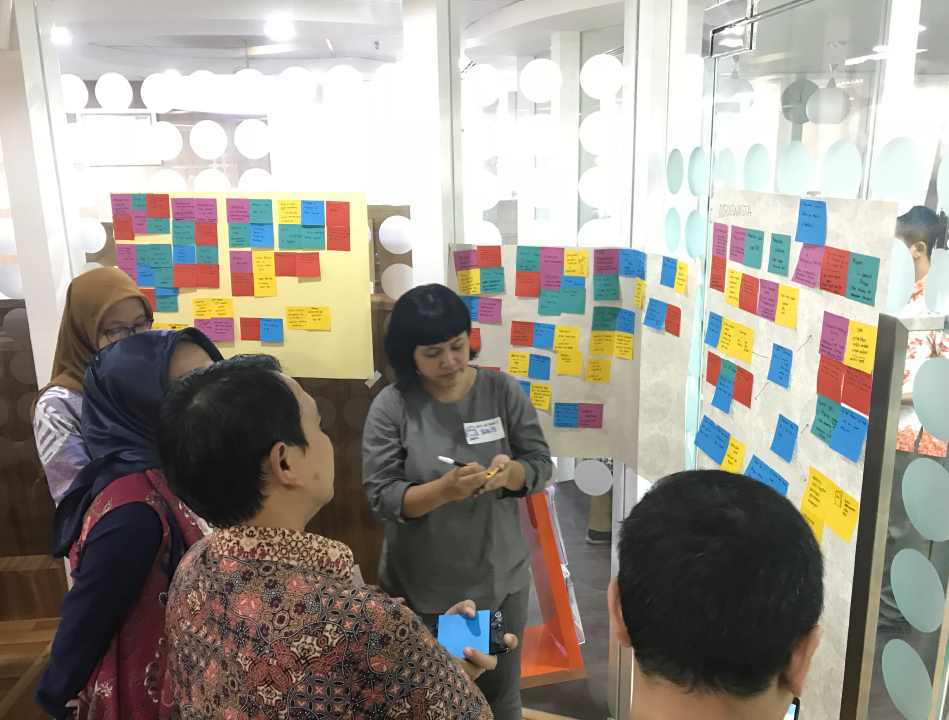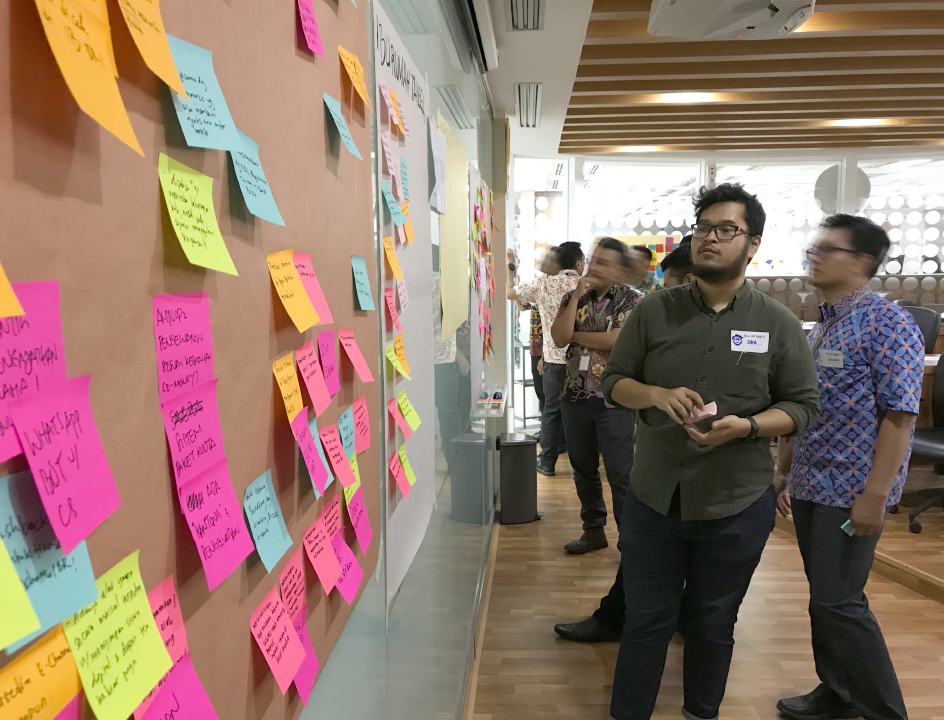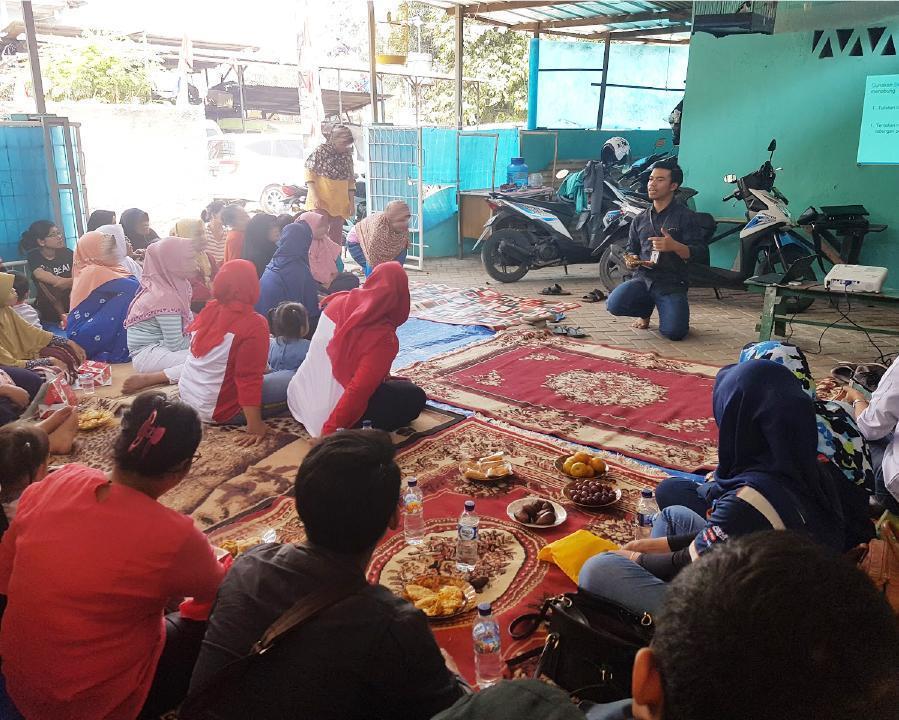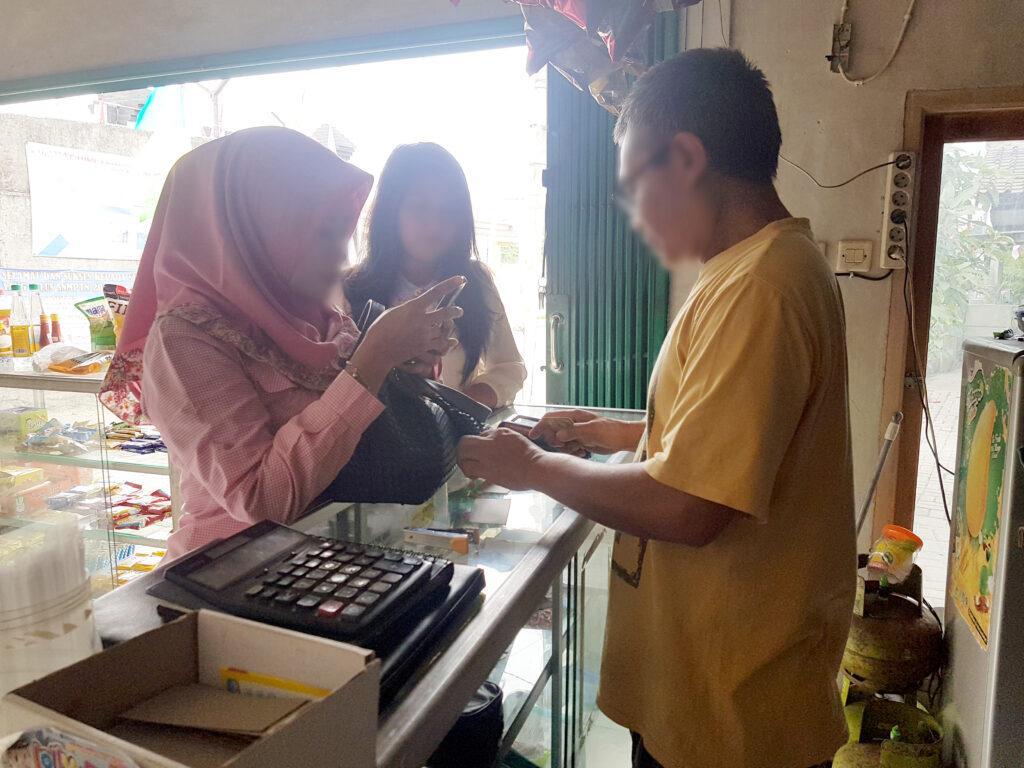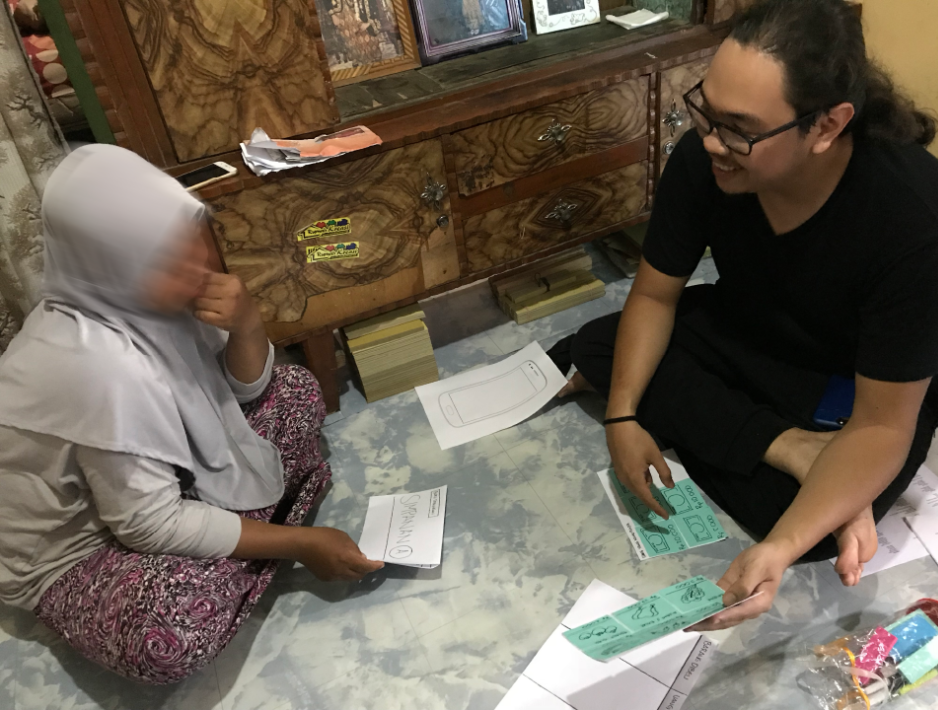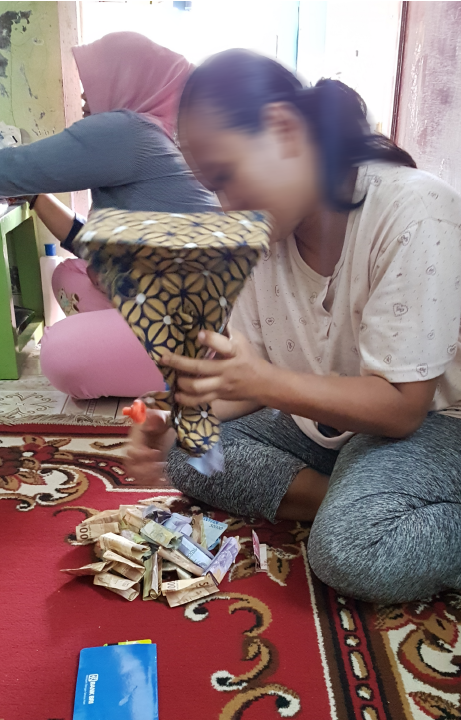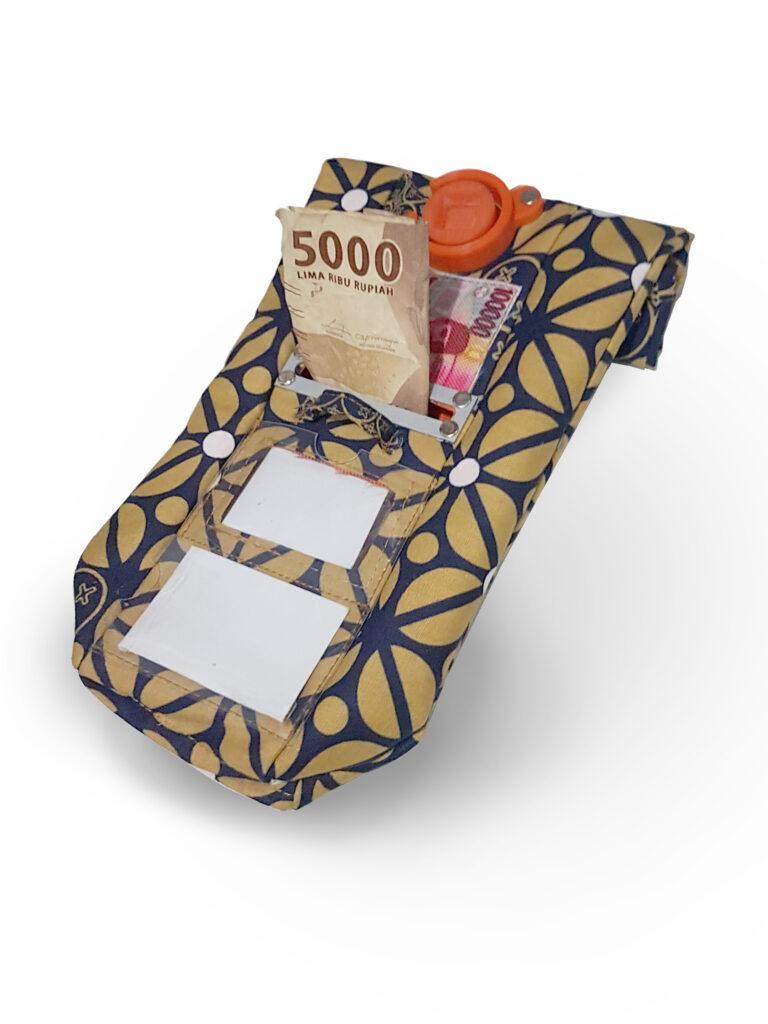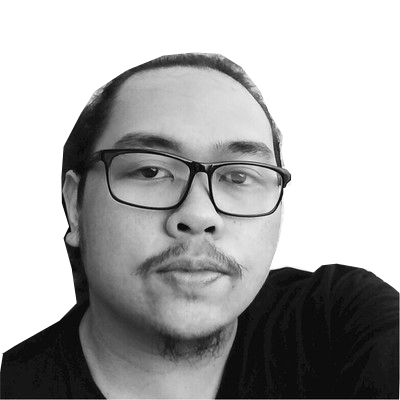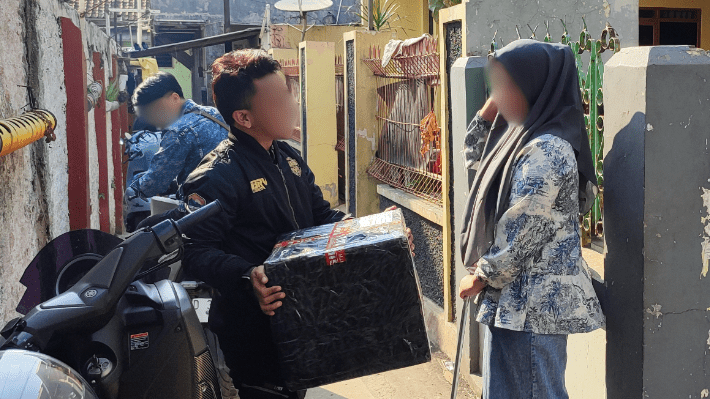
The client wants to increase their market share in the C2C courier service, aligned with the rising trend of e-commerce and SMEs. They see Customer Experience (CX) as a key component in this. We were engaged to help them to understand the customers’ needs and expectations towards the service, identify gaps and problems both from the customer-facing and internally within the organization, identify opportunity areas for improvements and innovations, and prototype the prioritized idea in the field.c ac odio tempor orci dapibus ultrices in iaculis
The Impact
Through a comprehensive service immersion and mapping out the gaps and opportunity areas, we developed a roadmap for CX initiatives that encompass both customer-facing as well as internal organizational improvements. As a quick-win strategy, we redefined the “Pickup delivery service” experience, through immersive prototyping and testing. Additionally, the newly formed team who shadowed our team during the process has developed the skills and confidence to integrate human-centered design mindsets and facilitate collaboration with cross-functional teams.
Our Approach
To identify gaps and opportunity areas along the end-to-end customer journey, for both frontstage and backstage interactions within a short timeline, we involved different internal stakeholders/actors in collaborative workshops. This initial service blueprint was then further enriched with immersions, observations, and interviews with customers and internal employees. From the insights and systems mapping, we identified several leverage points for quick wins and a roadmap for future CX initiatives. We involved key actors in prototyping the quick win service ideas in the field, which allowed us to be grounded in the operational constraints. Throughout the project, key members of the newly formed CX team were actively involved, to empower them to continue the process even after the completion of our team’s engagement.
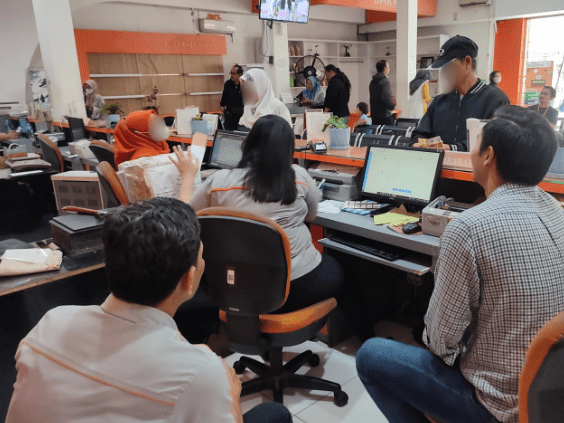
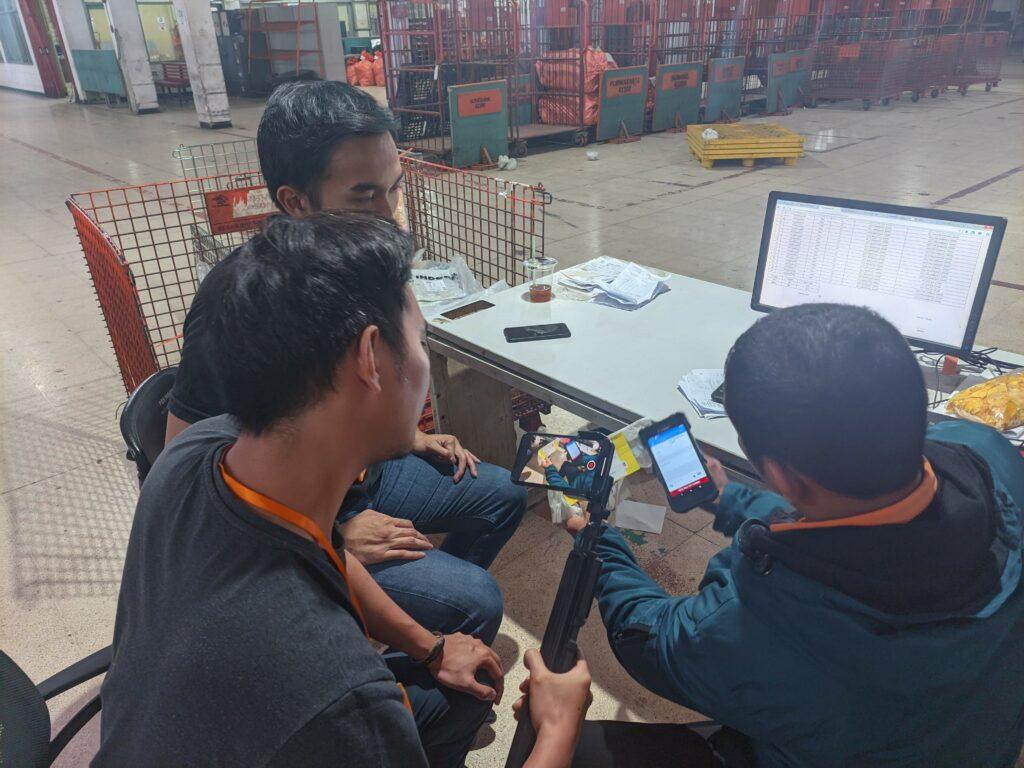
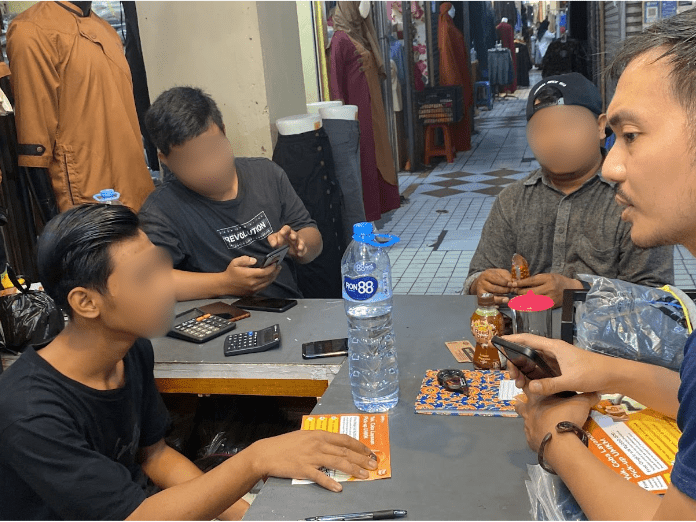
Our Journey and Process
Cross-functional Workshop and Immersive Observation
Before speaking with the customers, we conducted innovation workshops with multiple internal teams to understand the overall process from both the customer journey and internal processes, including the challenges encountered and potential leverage points for intervention. Then, we did immersive observations to get a better context of the daily activities of key actors along the process. Starting from observing the counter, the sorting process, until the delivery process by the courier.
In-depth interviews (IDI) and Focus Group Discussions (FGD)
At this stage, we had interviews with the target customers to dig deeper into their motivations, challenges, and behaviors toward courier services (e.g. expectations, preferences, evaluation criteria, pain points, perceptions). We also did focus group discussions with courier service agents to understand their perspectives, motivations, expectations, and challenges that hinder them from delivering great customer experience.
Ideation workshop with internal stakeholders
After getting all the insights and a better understanding of the customers and the internal dynamics, we conducted an ideation workshop to brainstorm and prioritize ideas to further prototype as quick-win solutions.
Service Prototyping
In collaboration with the client’s internal team, we redesigned the “Pickup delivery service” experience, covering an alternative service flow, customer touchpoints, physical touchpoints, roles and service delivery team structure, enhancement in digital tools, payment solutions, and script for front-stage interactions. Together with the frontstage (customer-facing) and backstage team, we tested out a service prototype with real customers, where we obtained direct feedback for quick iterations and improvements.

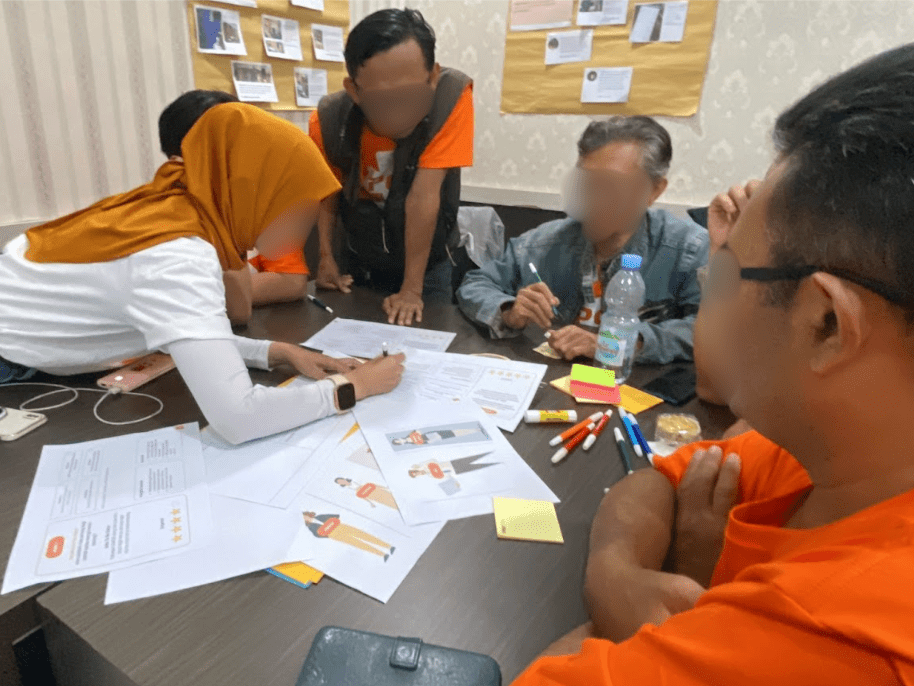
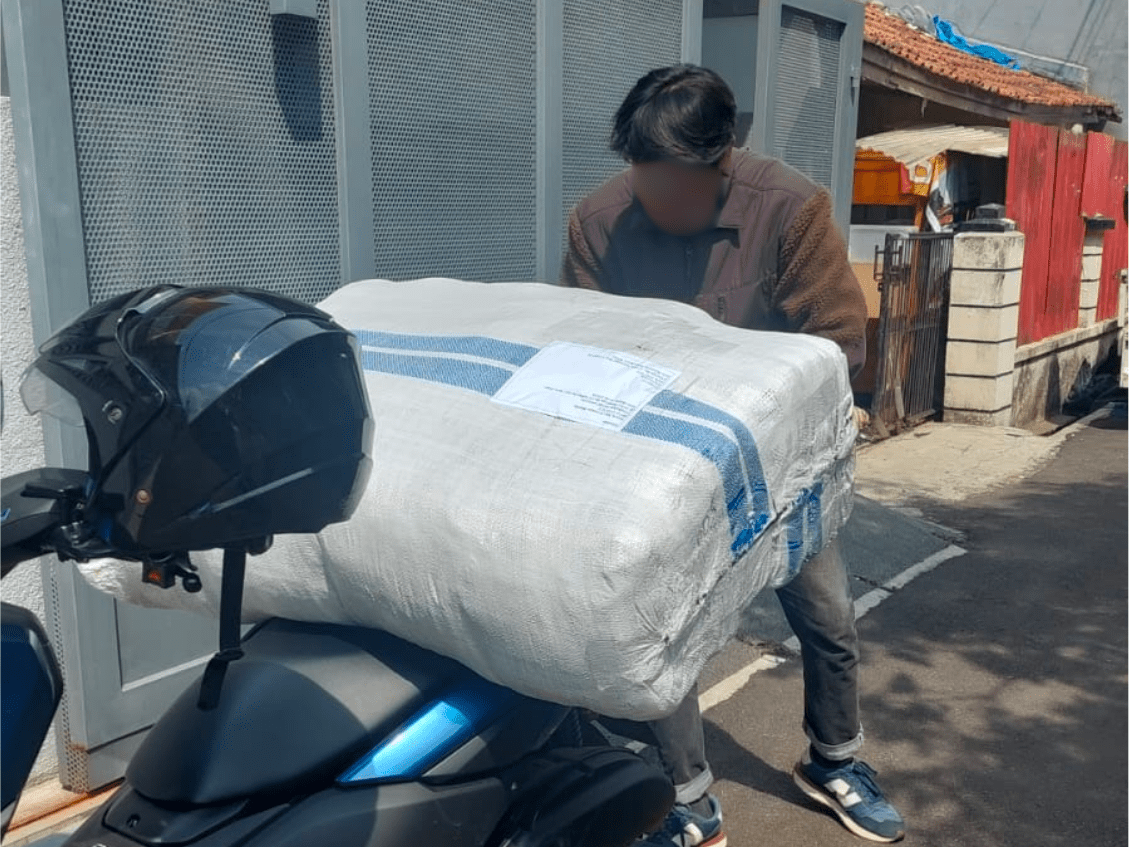
The Results
We mapped out ‘as-is service blueprint’ and ‘to-be service blueprint’ rooted in insights from the customers and internal teams. We derived a roadmap for CX initiatives to target different gaps and opportunity areas to improve the overall customer experience. For one of the initiatives, we prototyped and tested a quick-win solution that has high leverage points to improve the customer experience and potential business revenue. With the transfer of knowledge throughout the project, the newly formed CX team was able to implement the approach in another project on their own.
Consultant in-charge
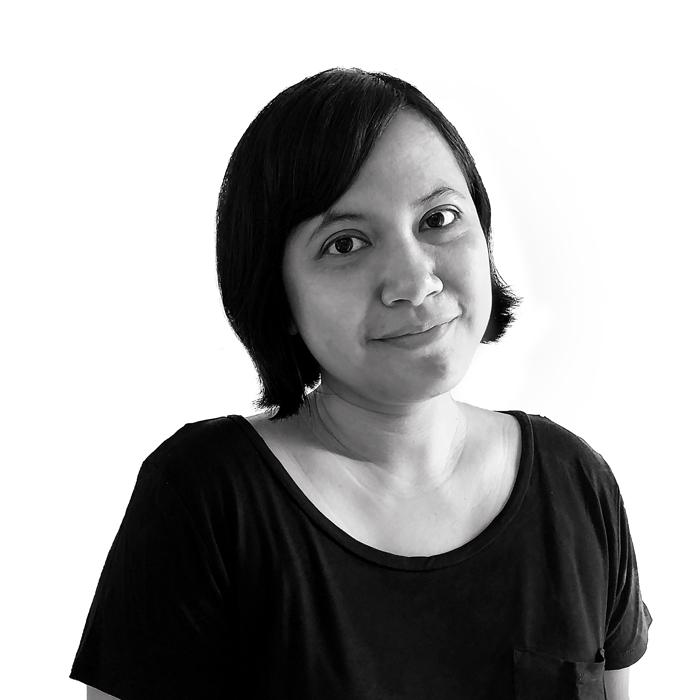
Ketut Sulistyawati
Project Oversee
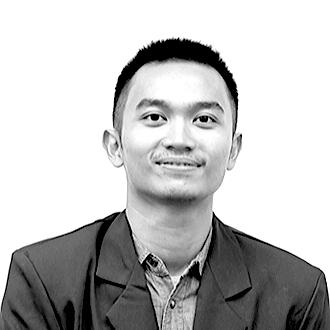
Bhagaskara Setiawan
User Researcher
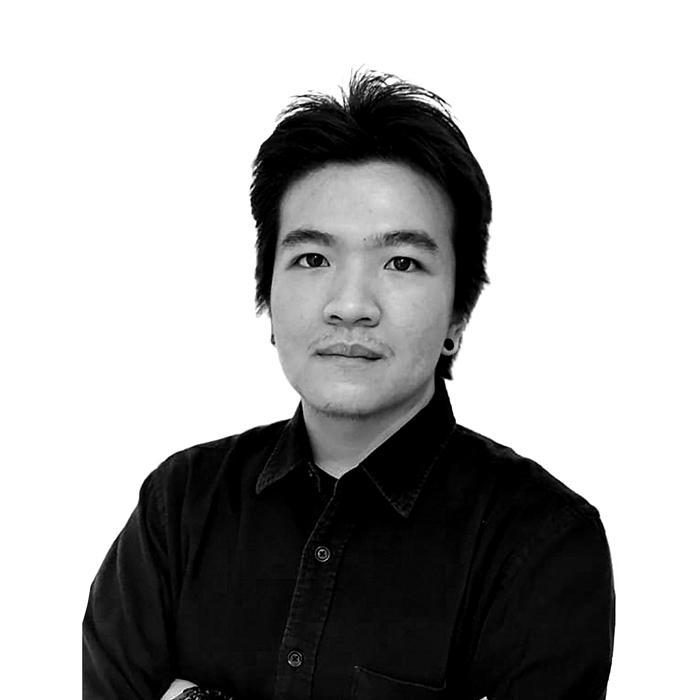
Daniel Fandra
Research Ops

Frans Mateus Situmorang
Project Lead
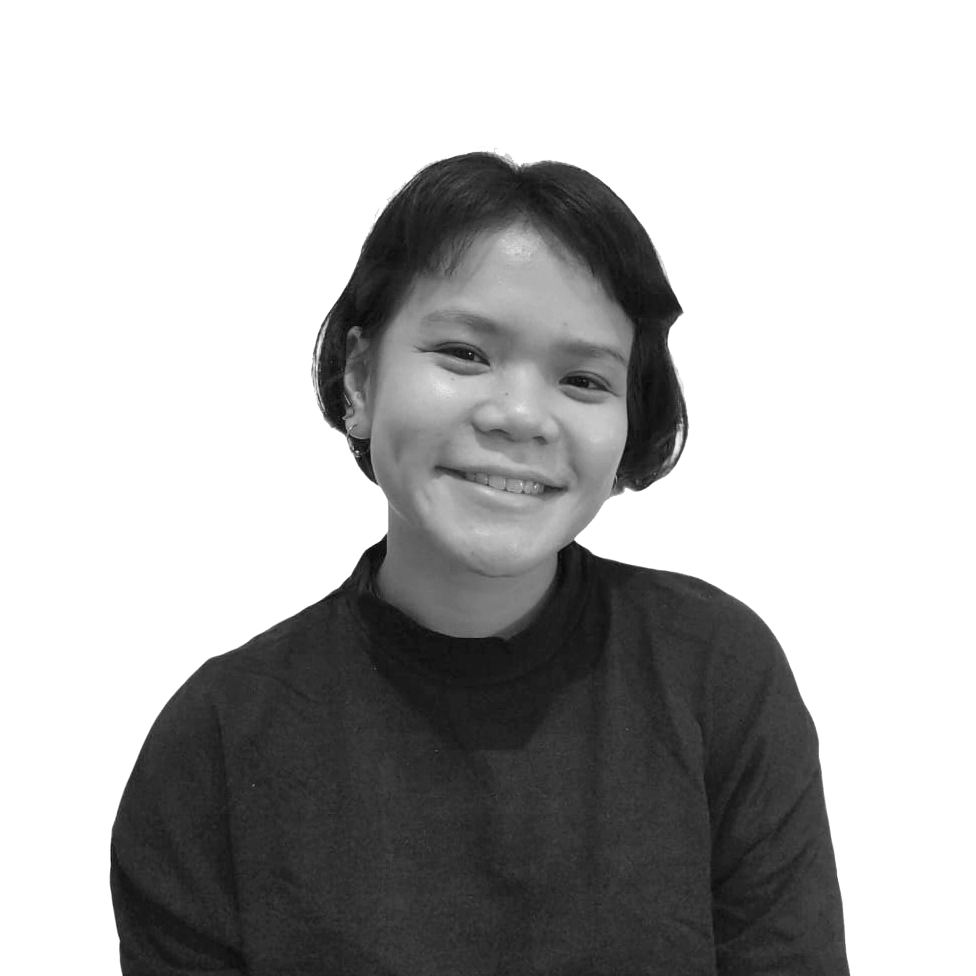
Catharina Krisanti
User Researcher
See more our similar works
Collaborate with us!
Looking for ways to transforming your business?
Get in touch with us!
